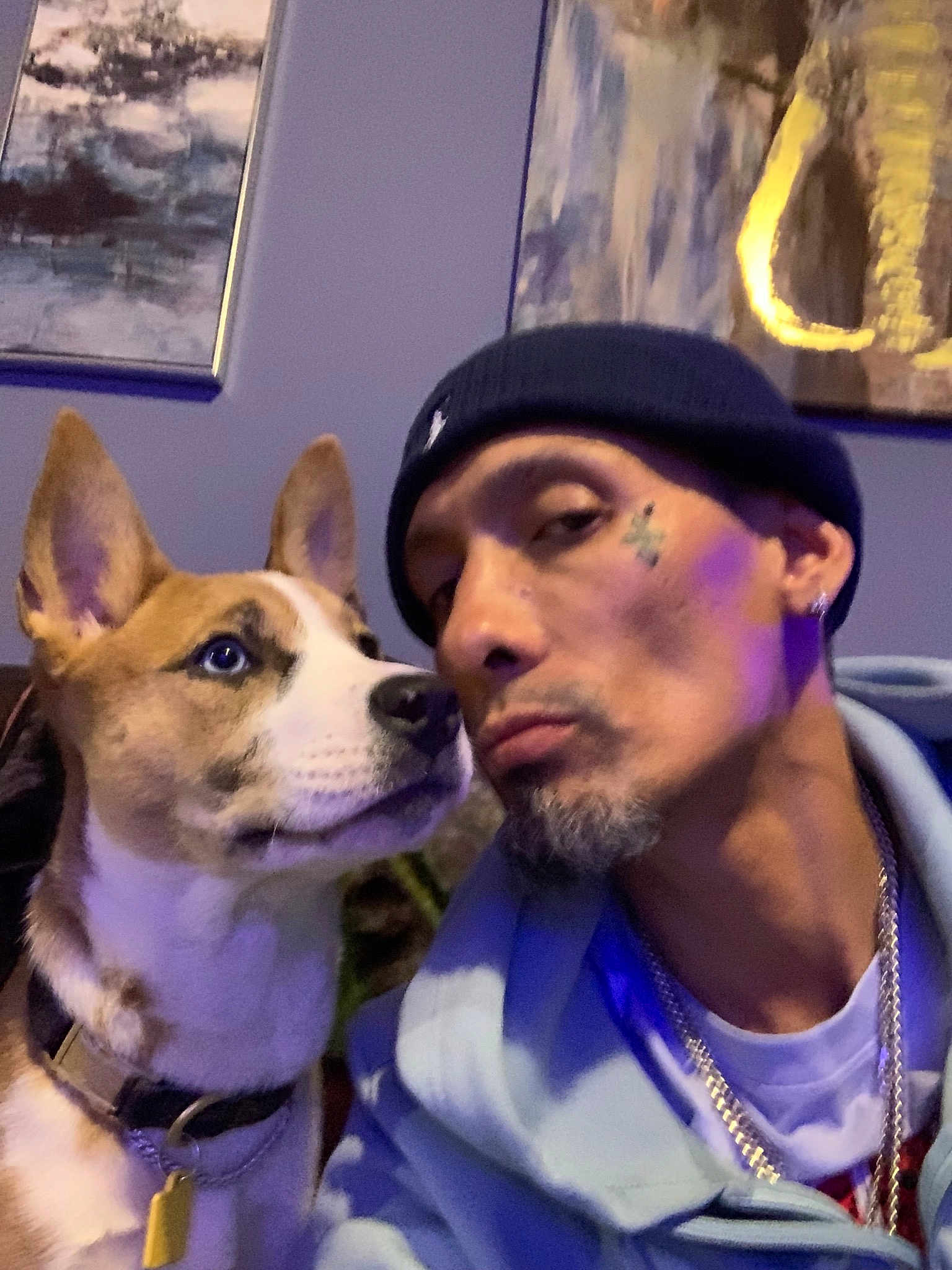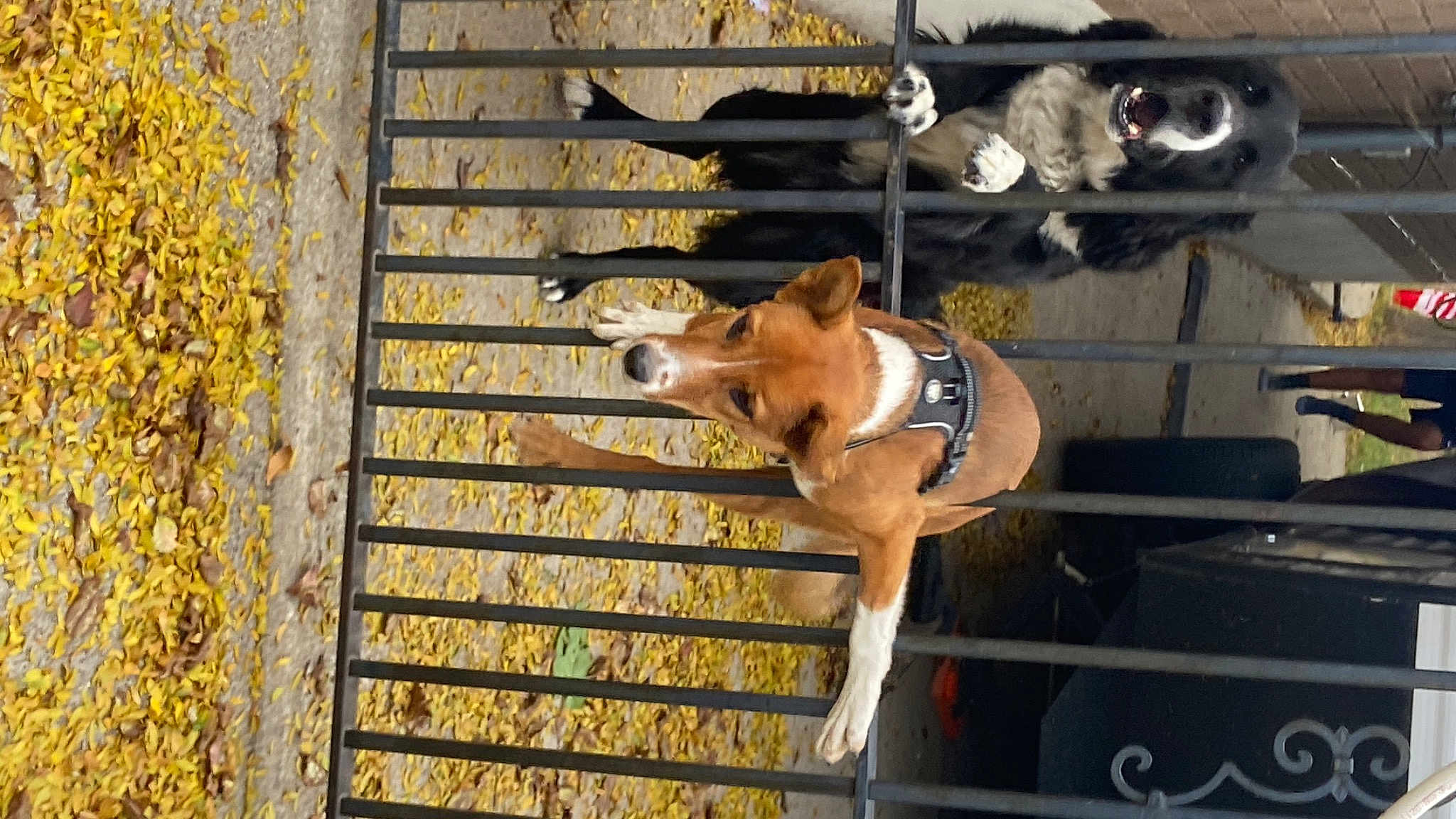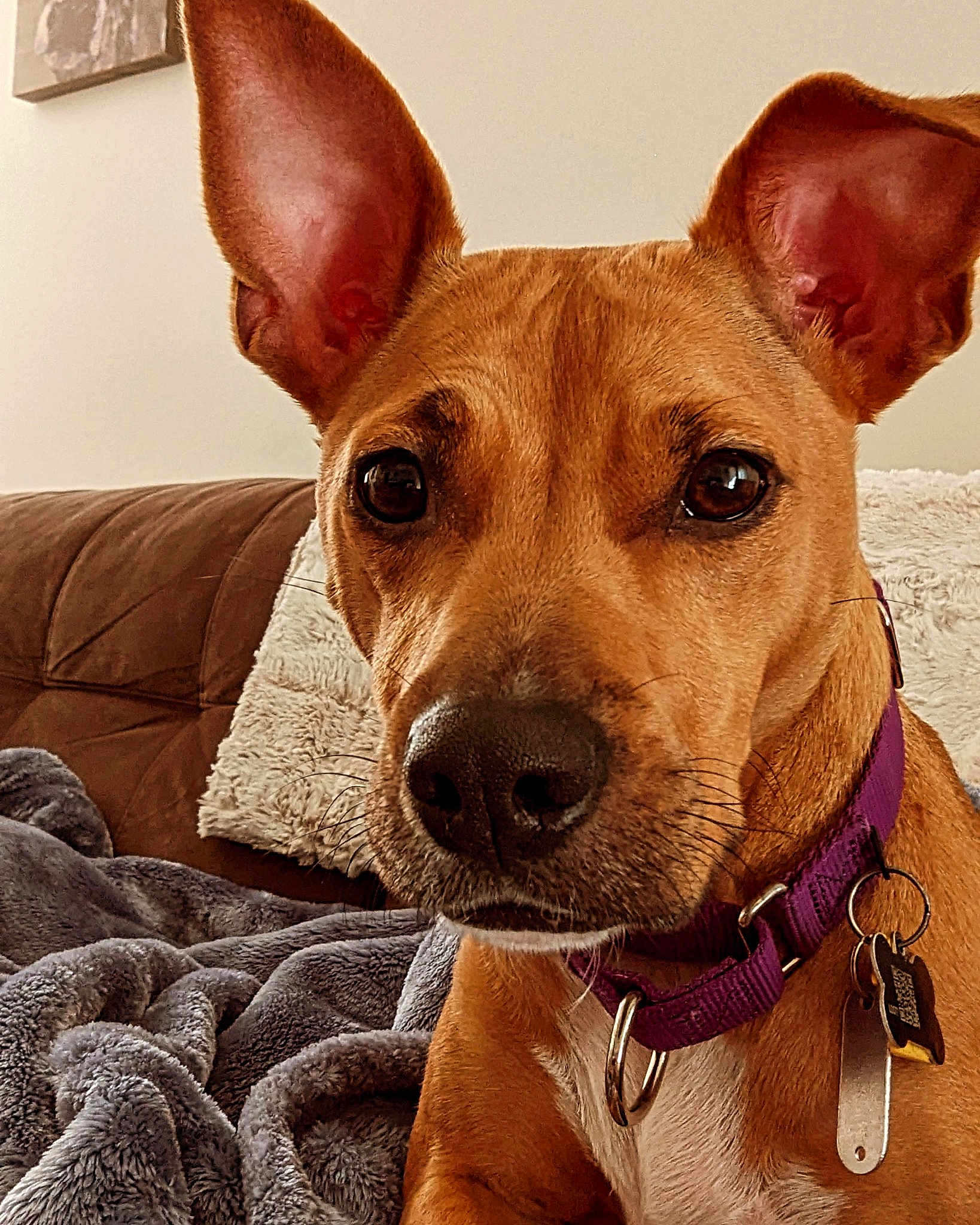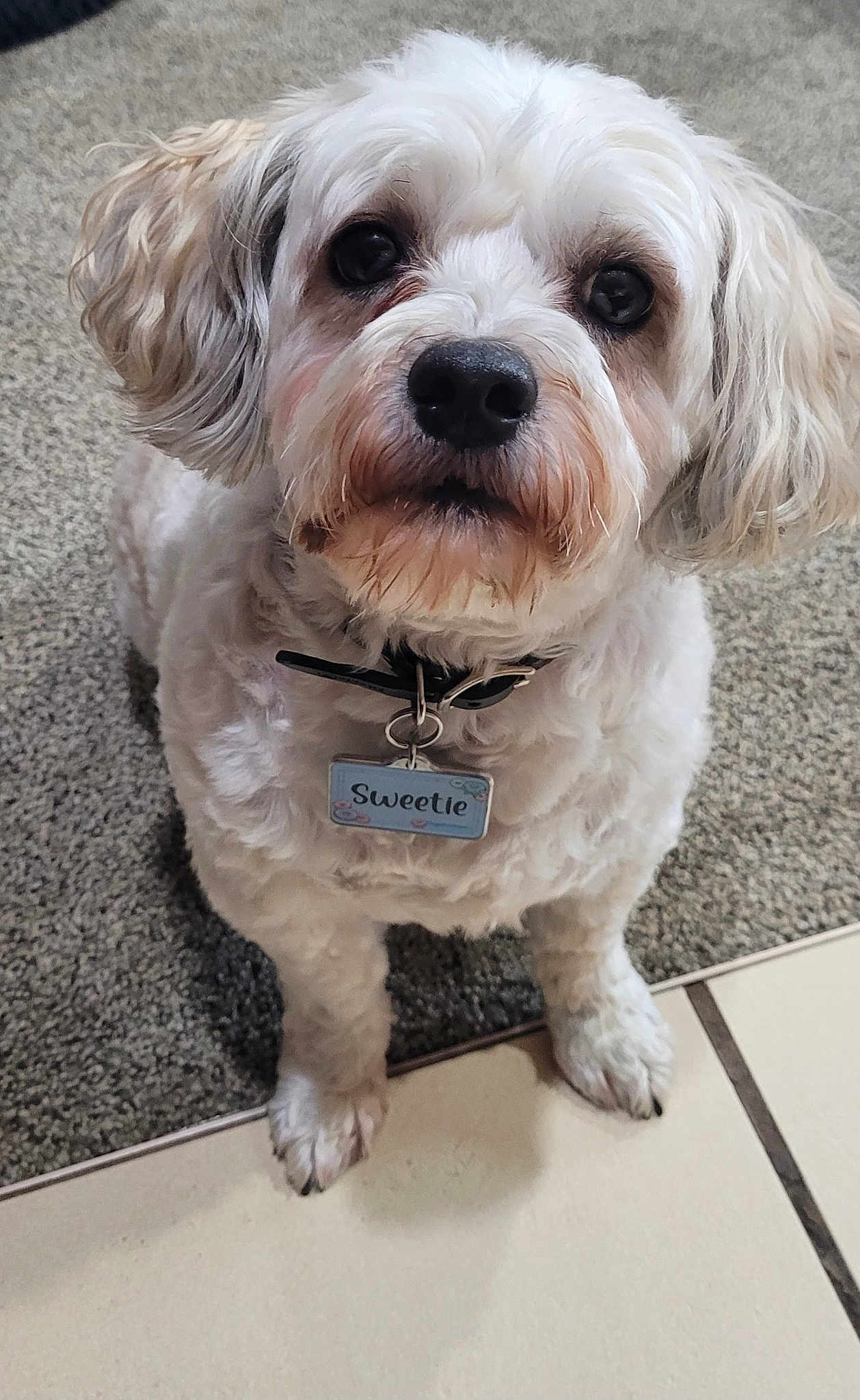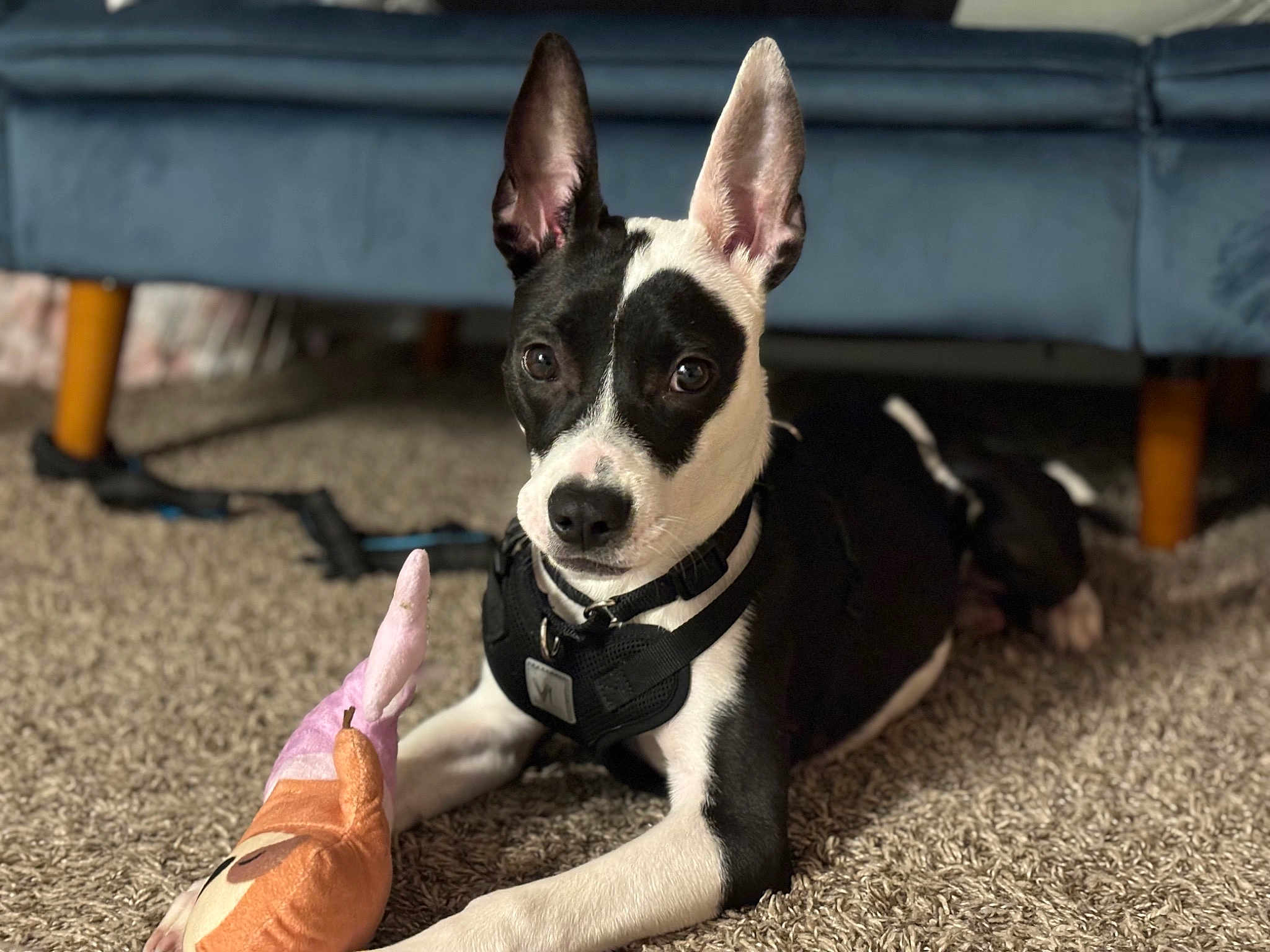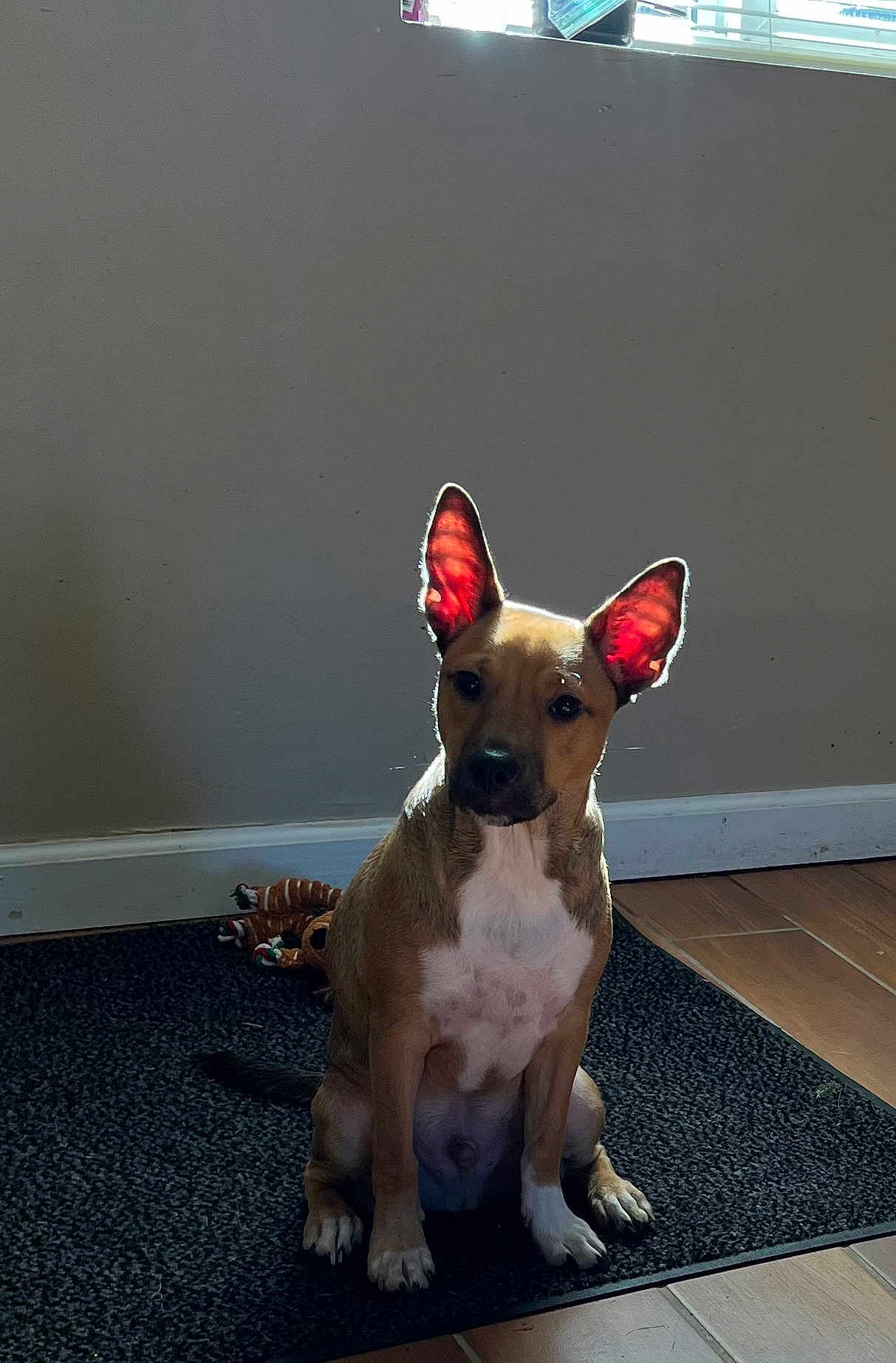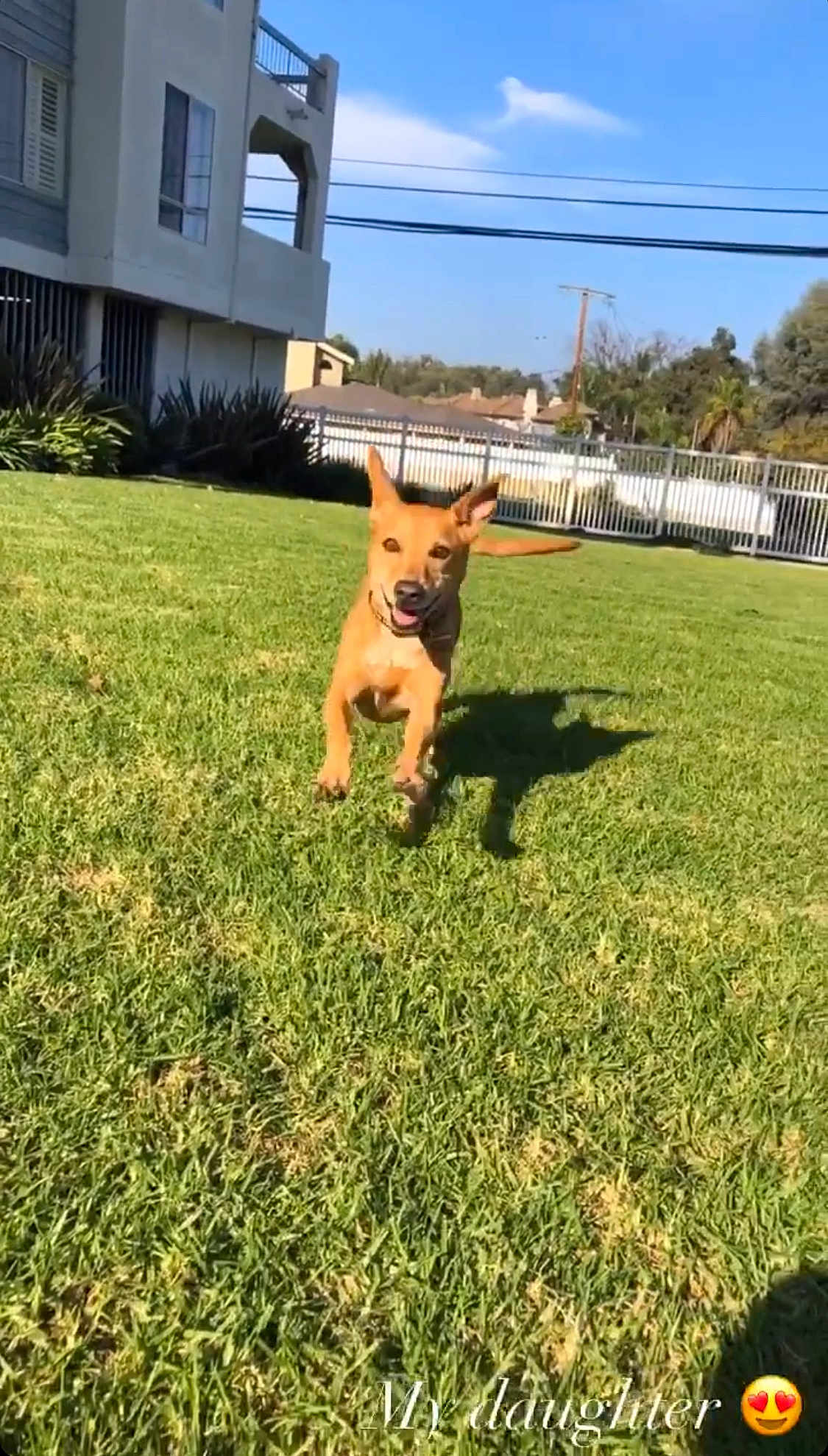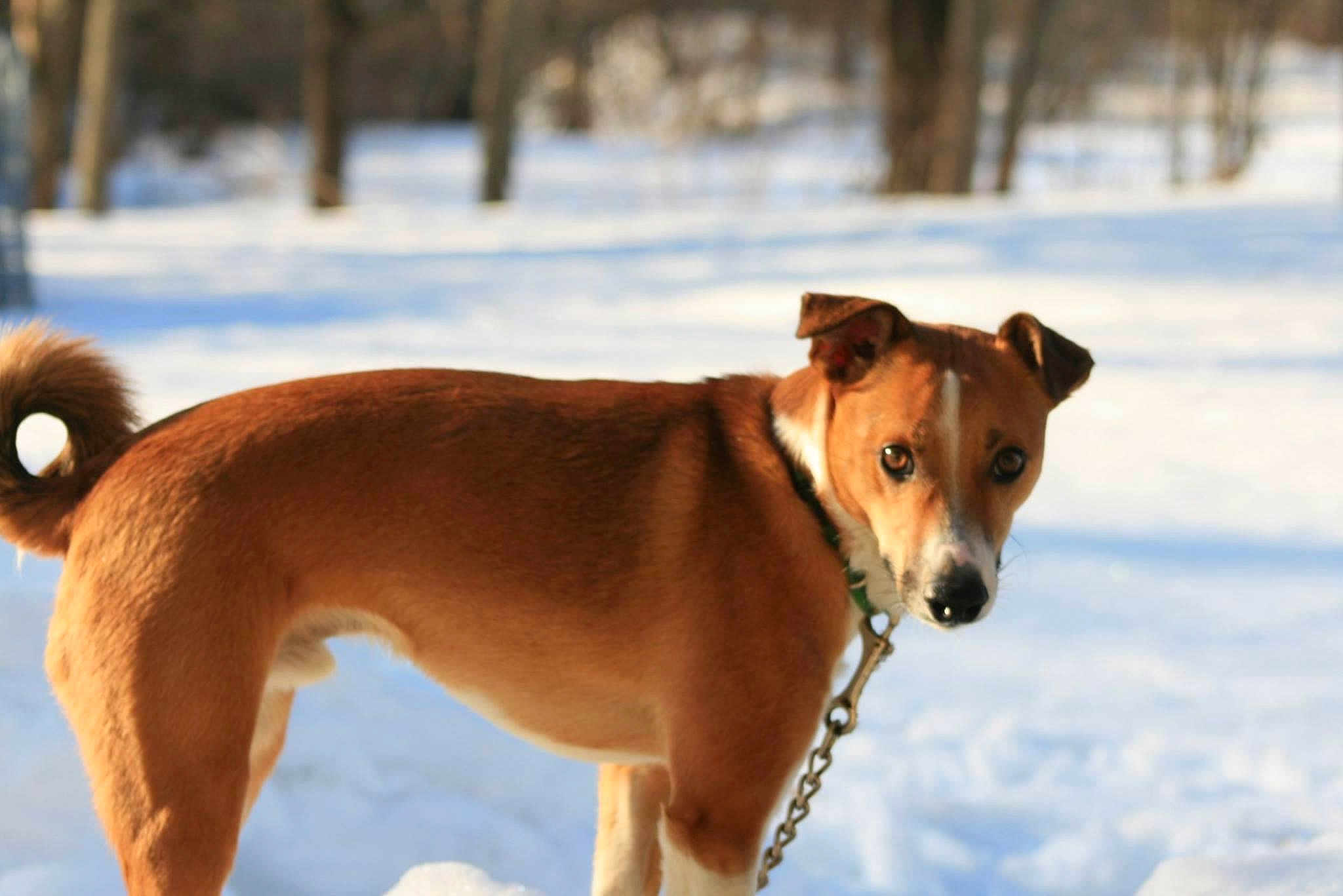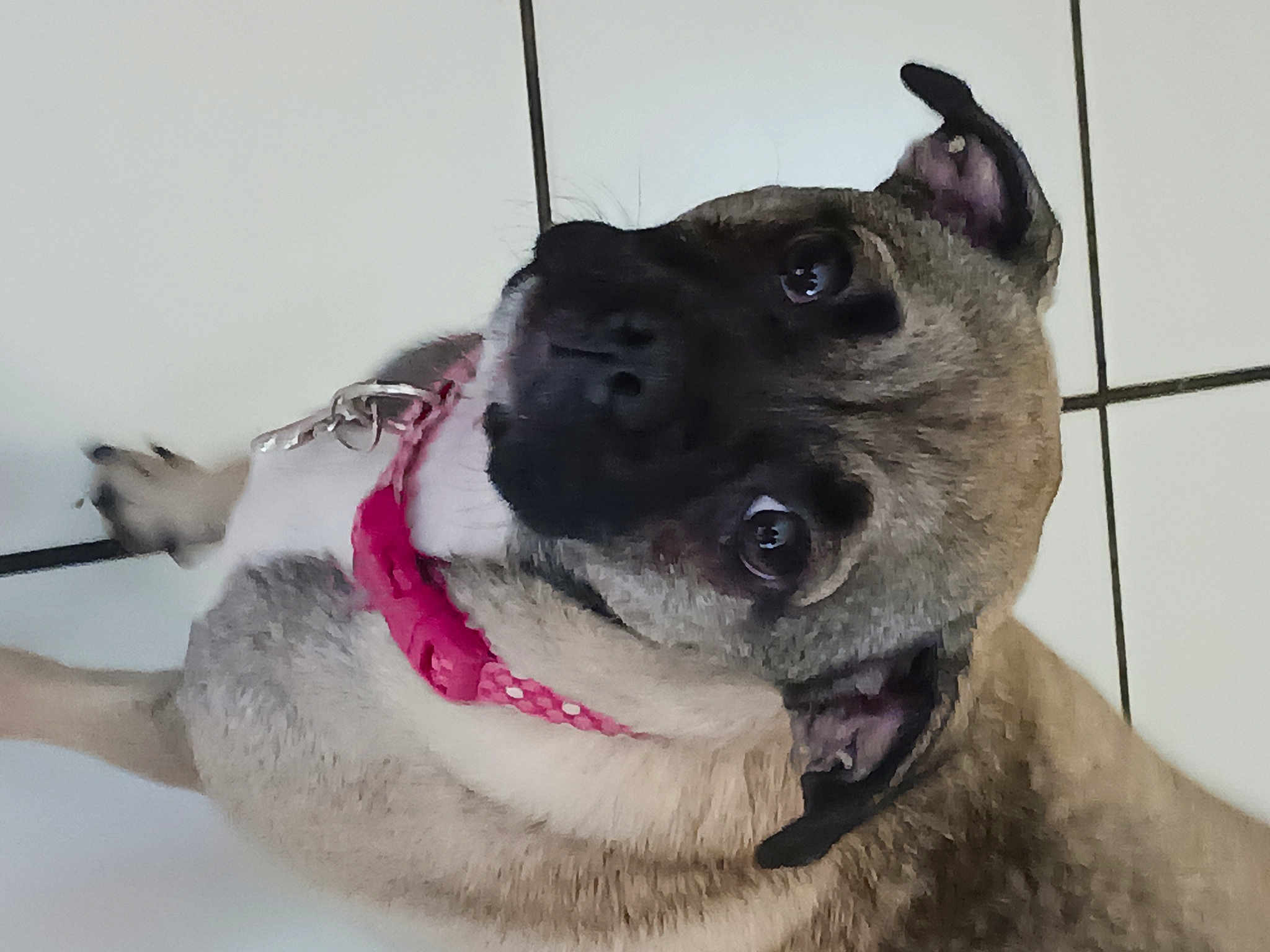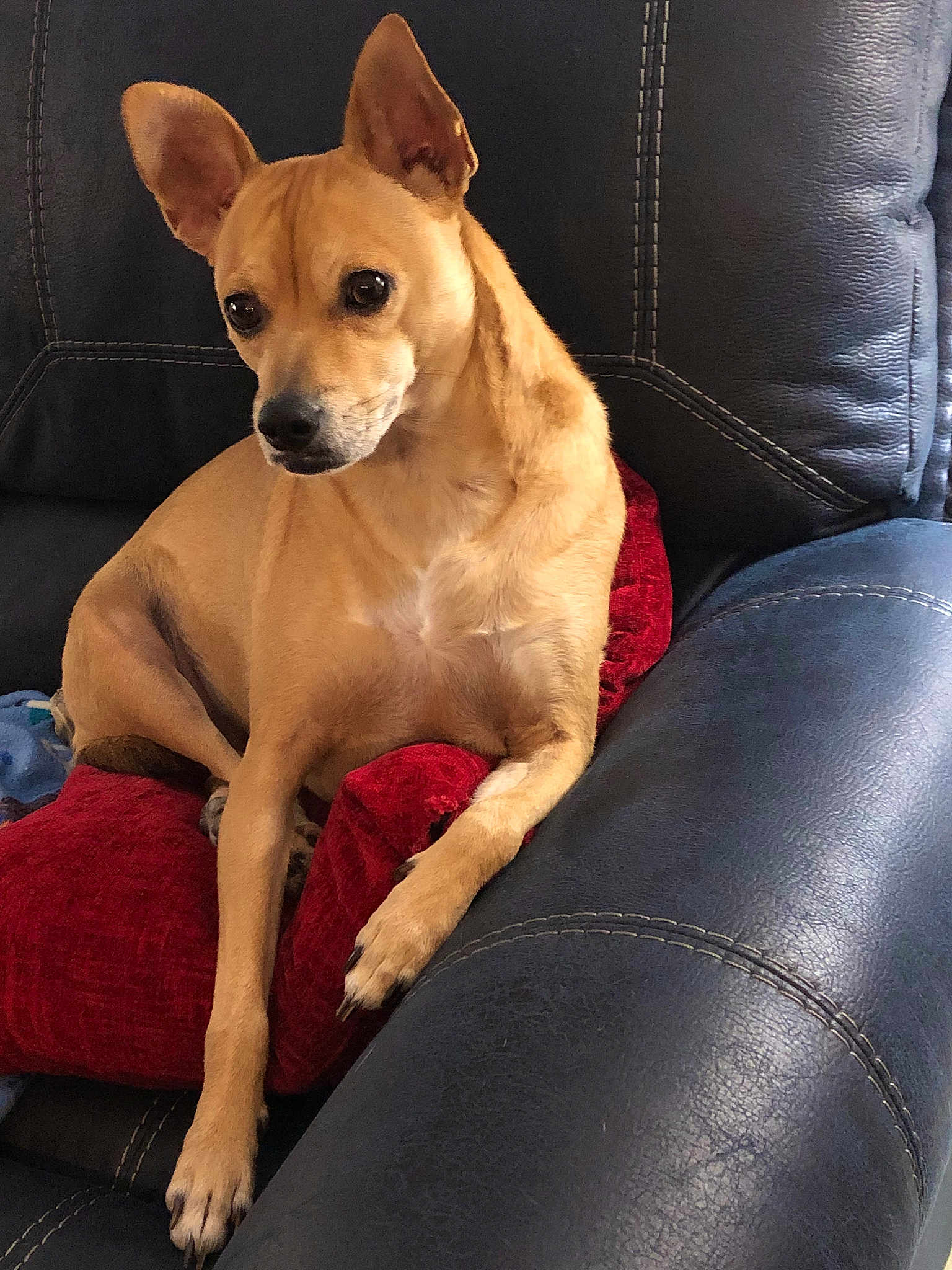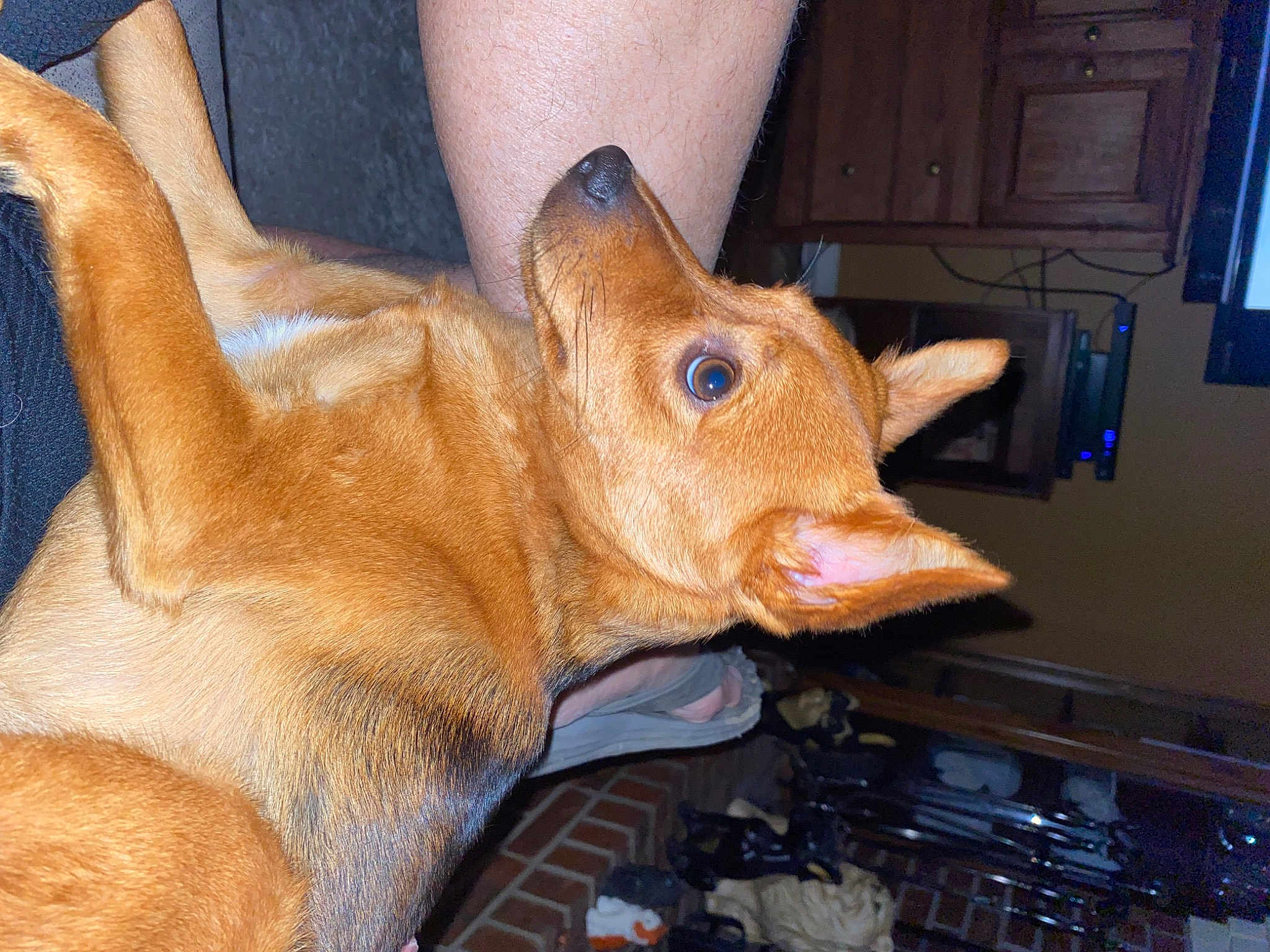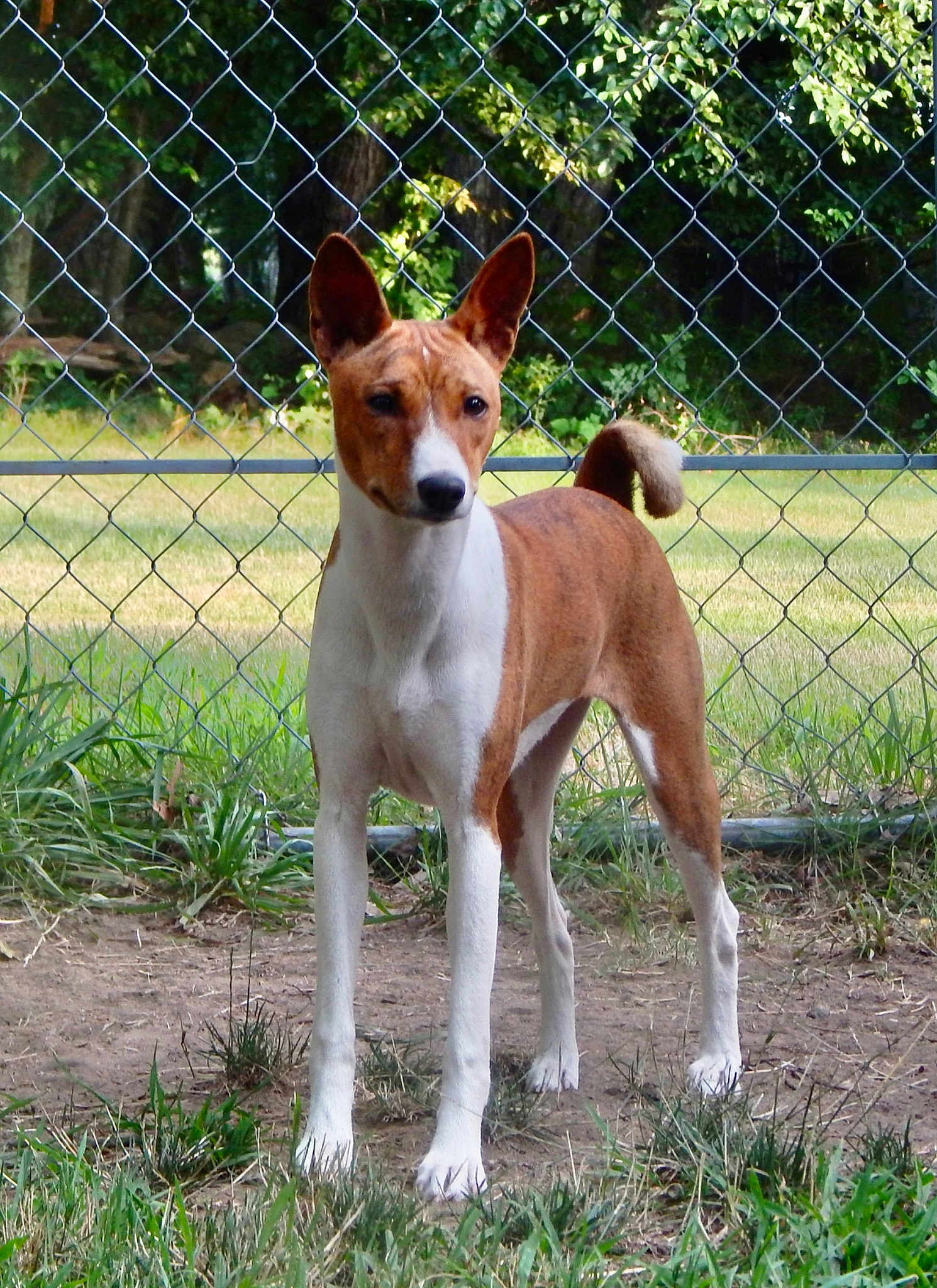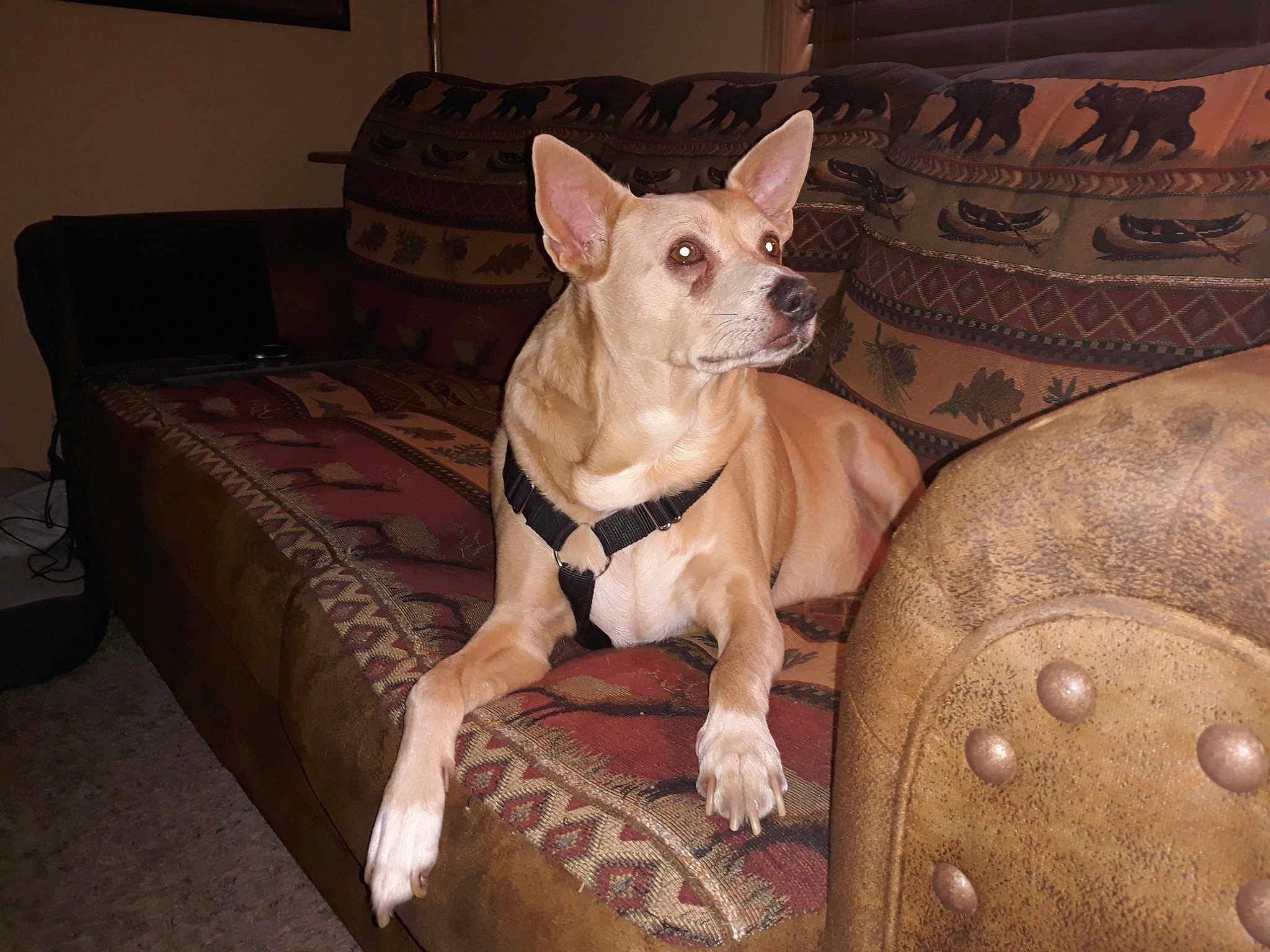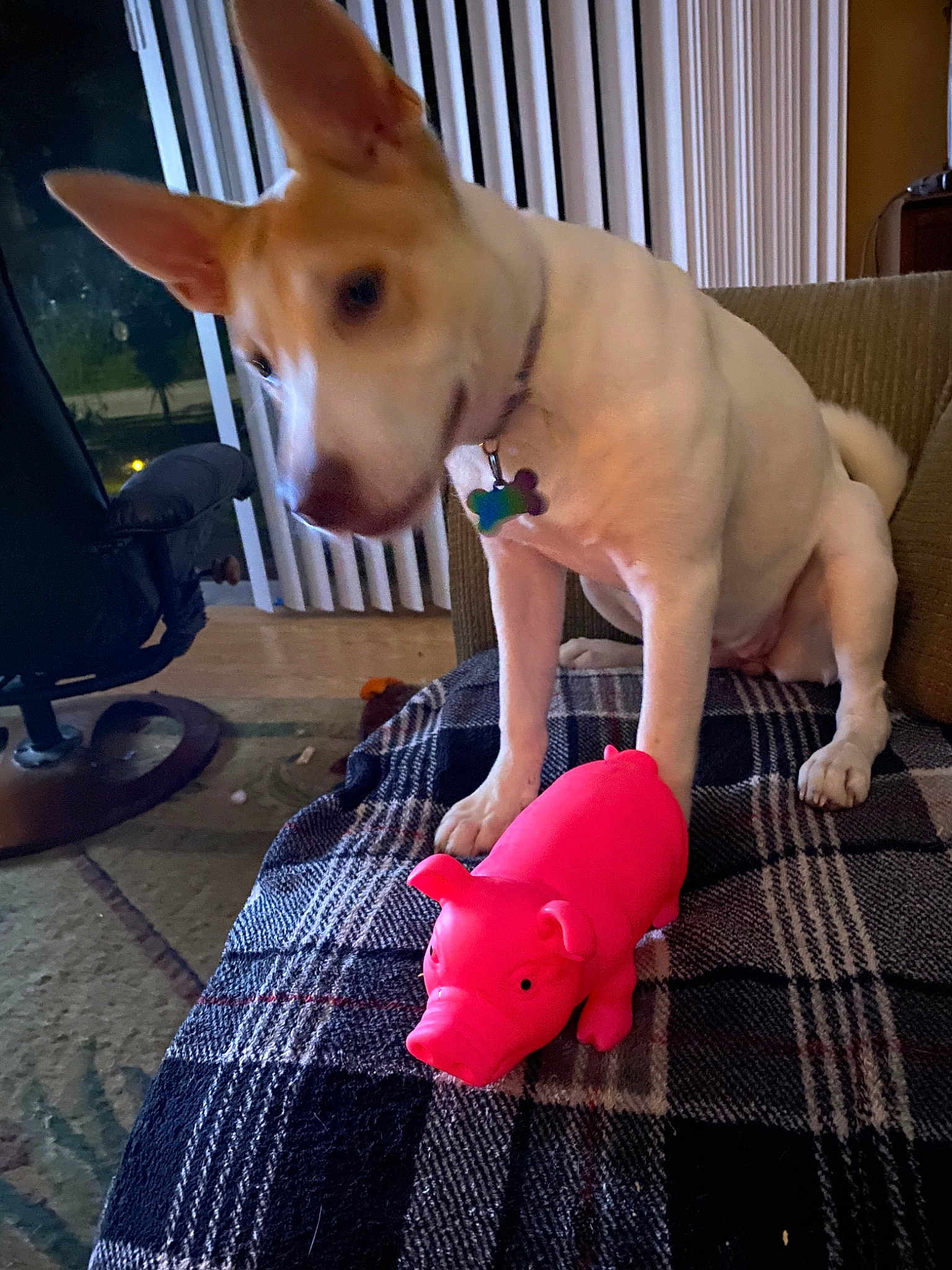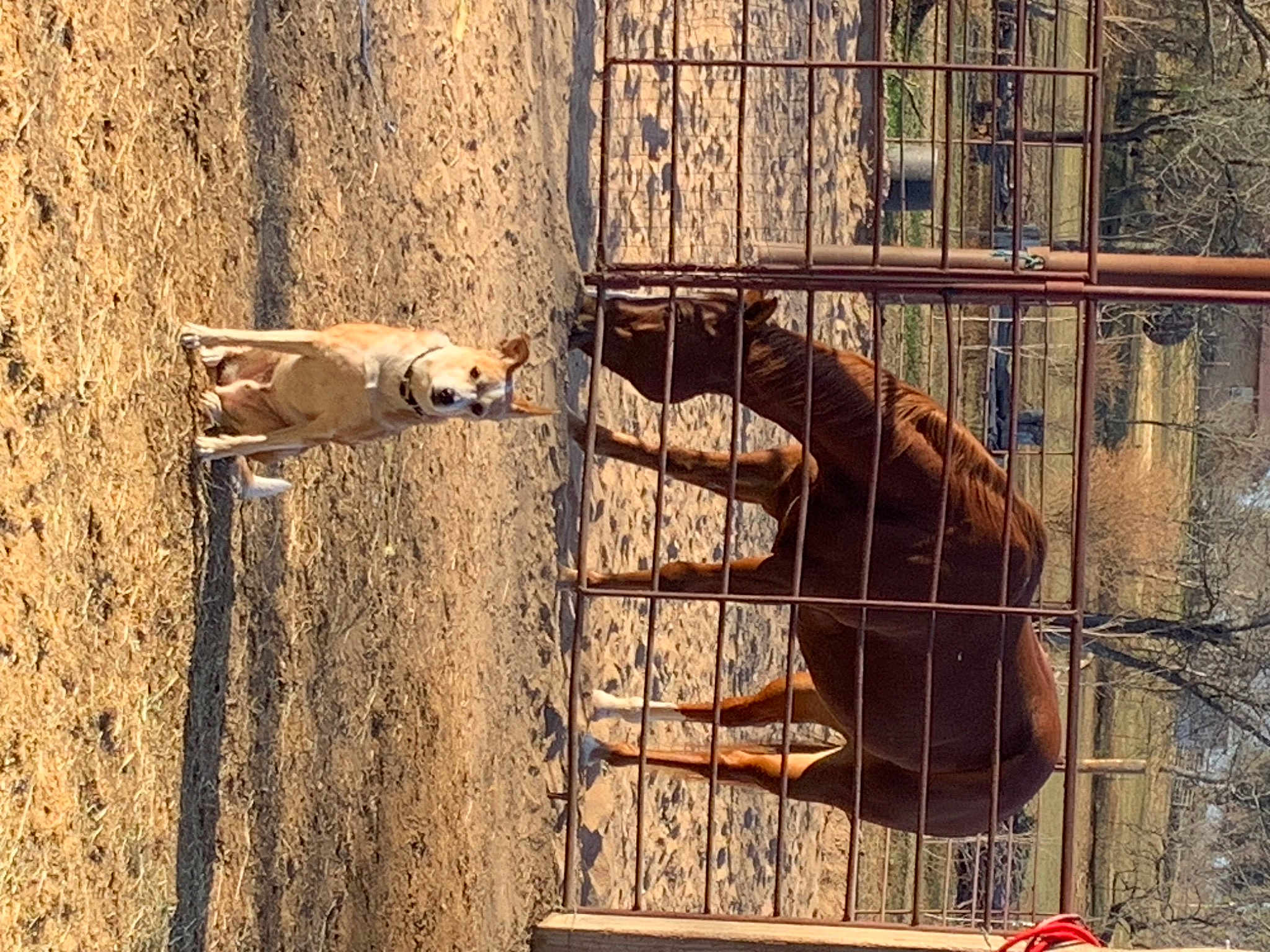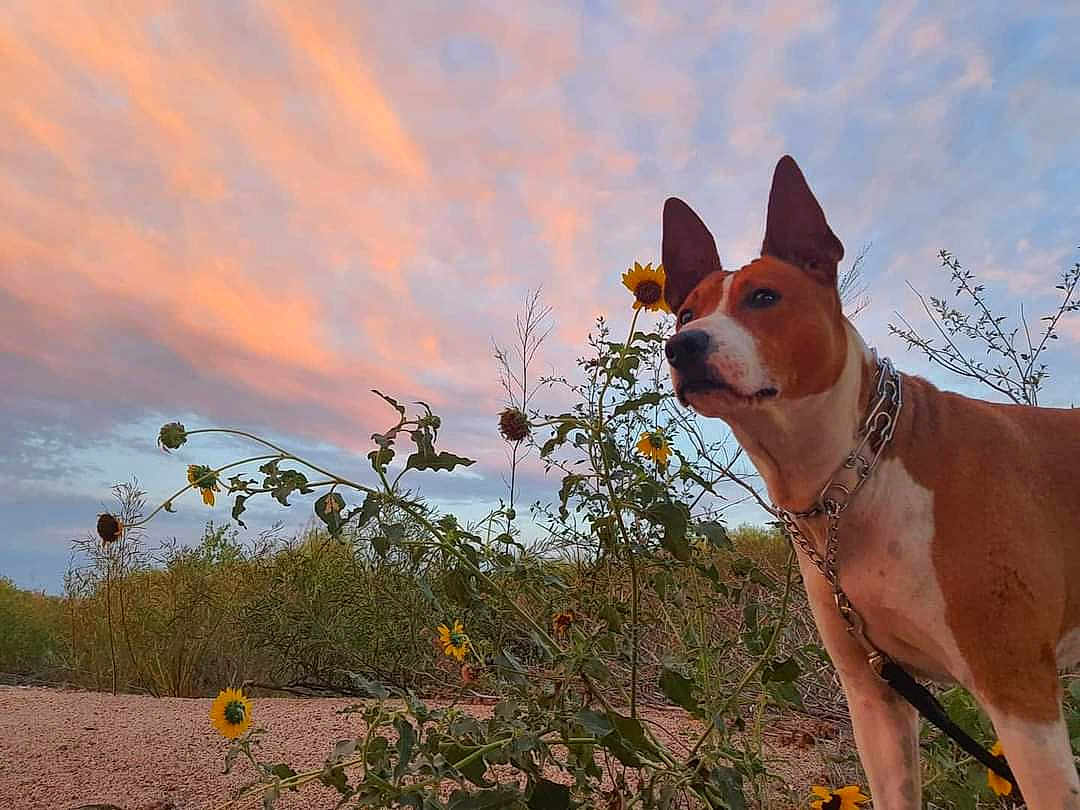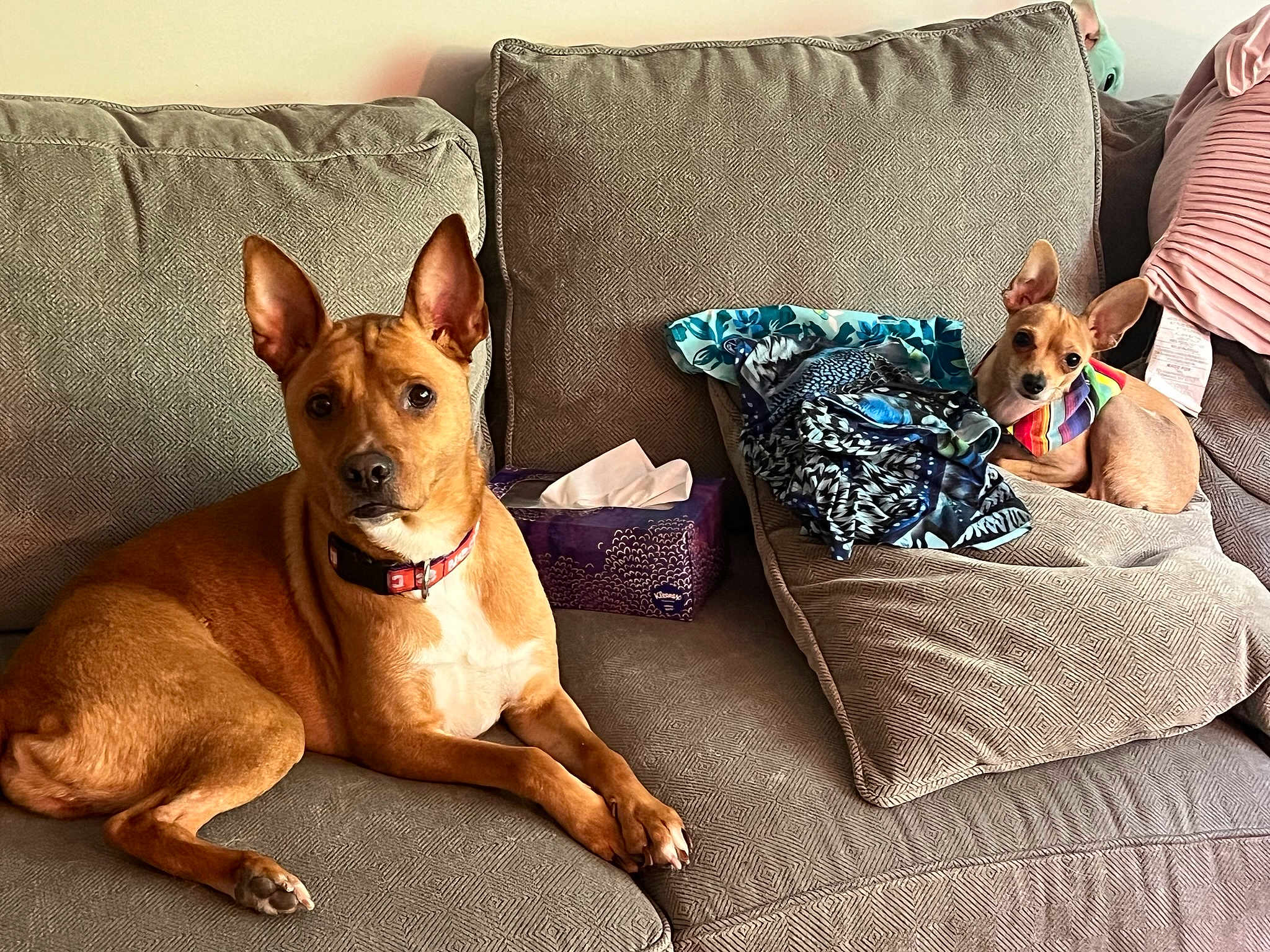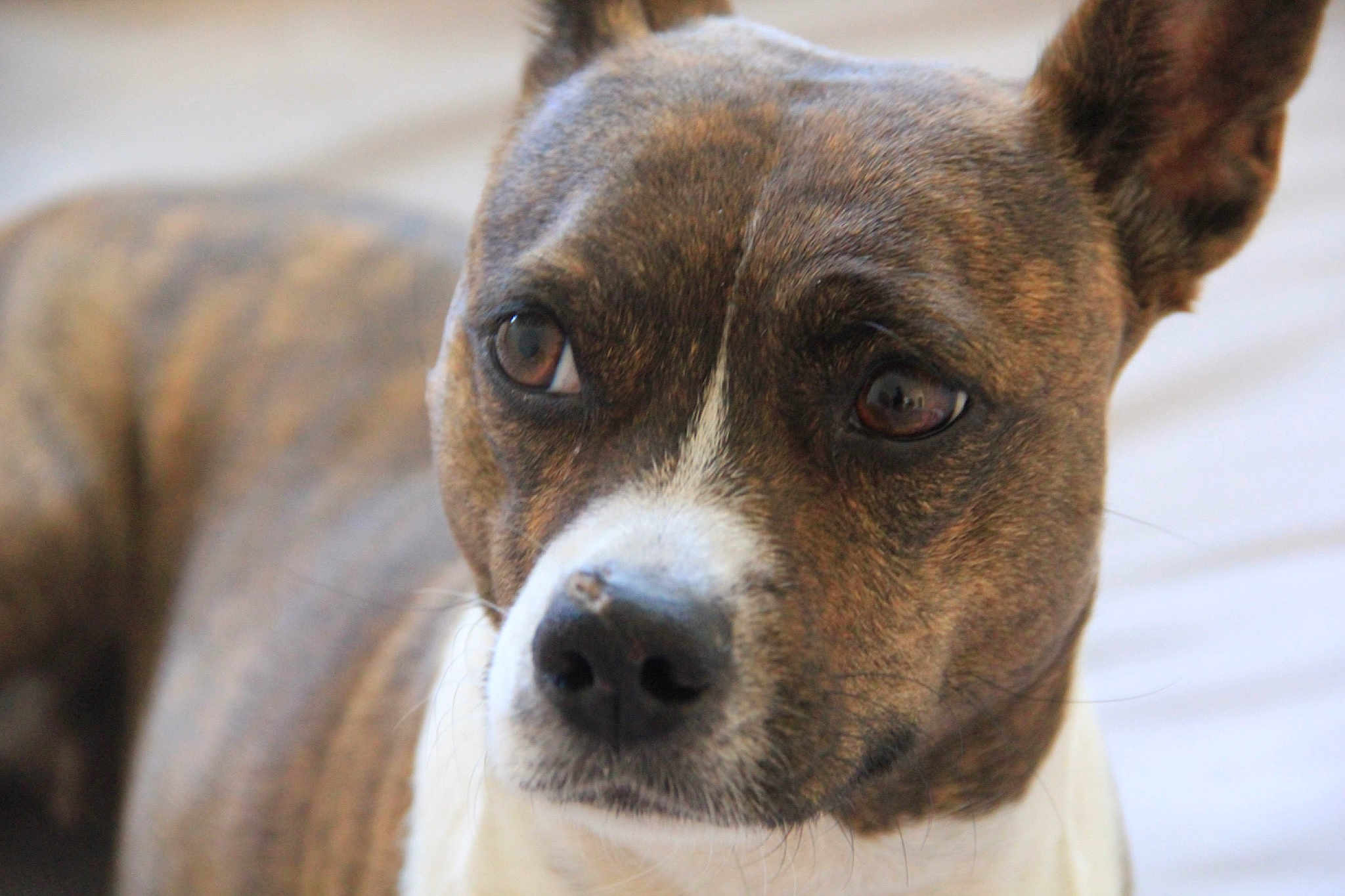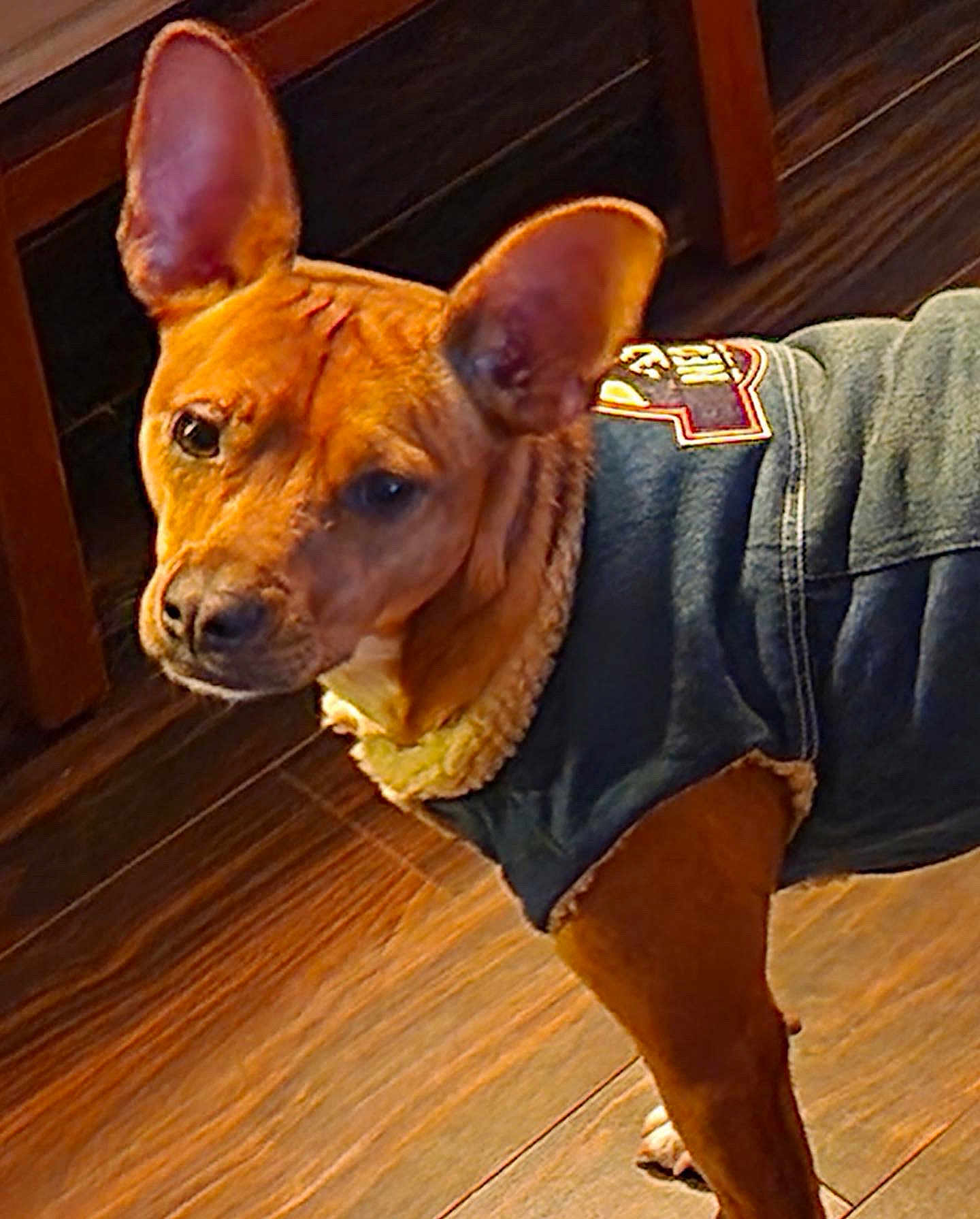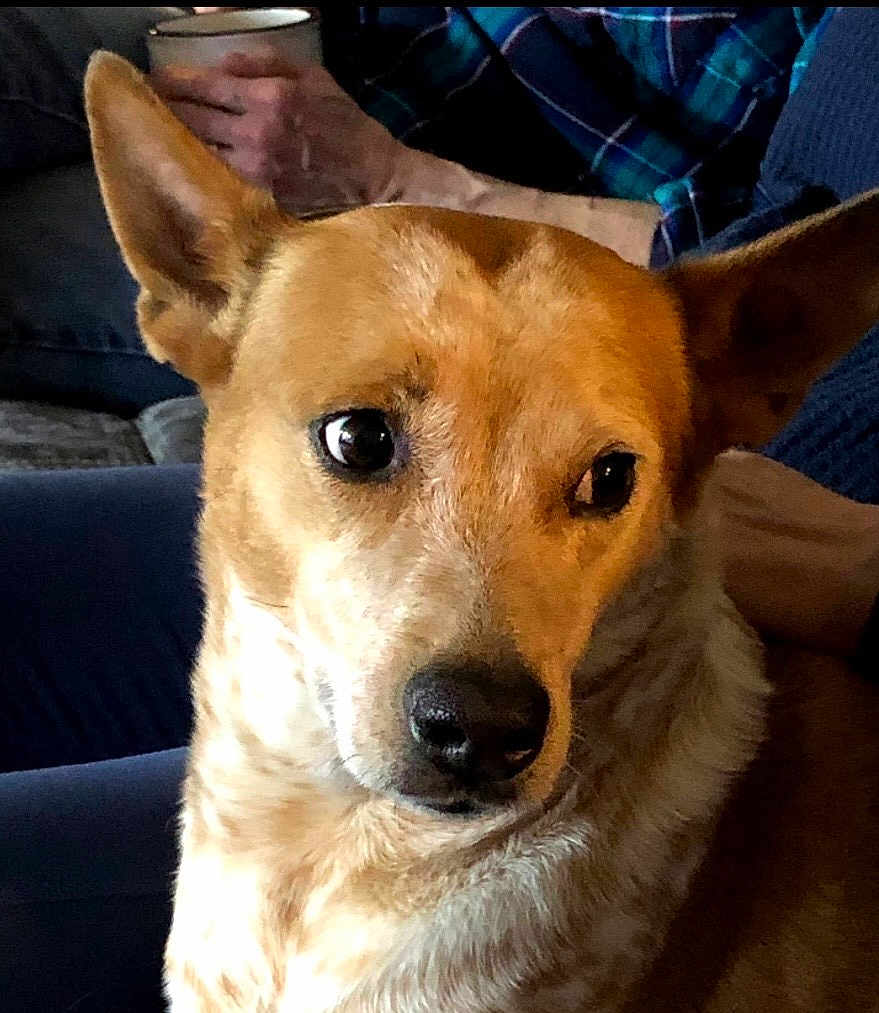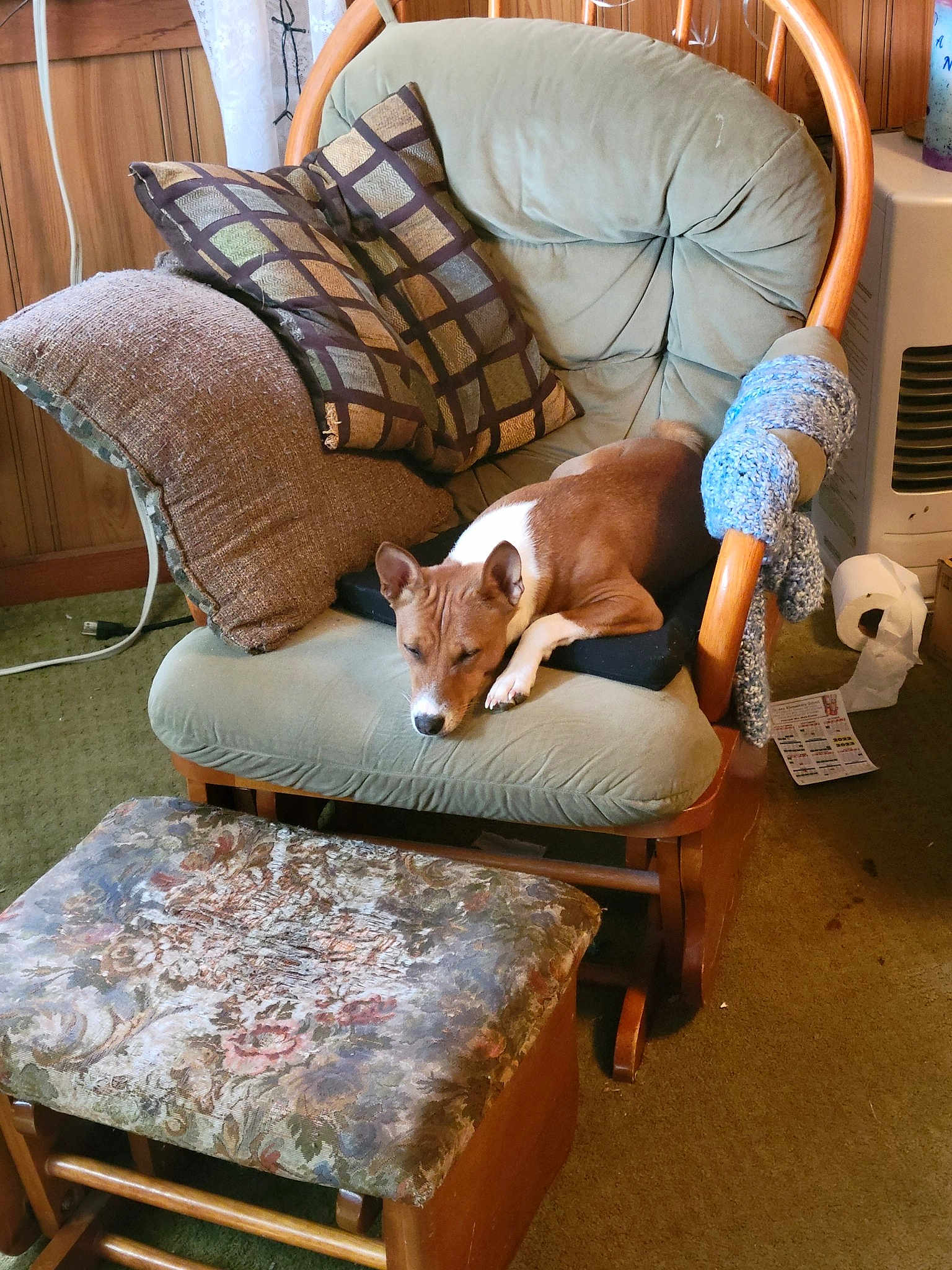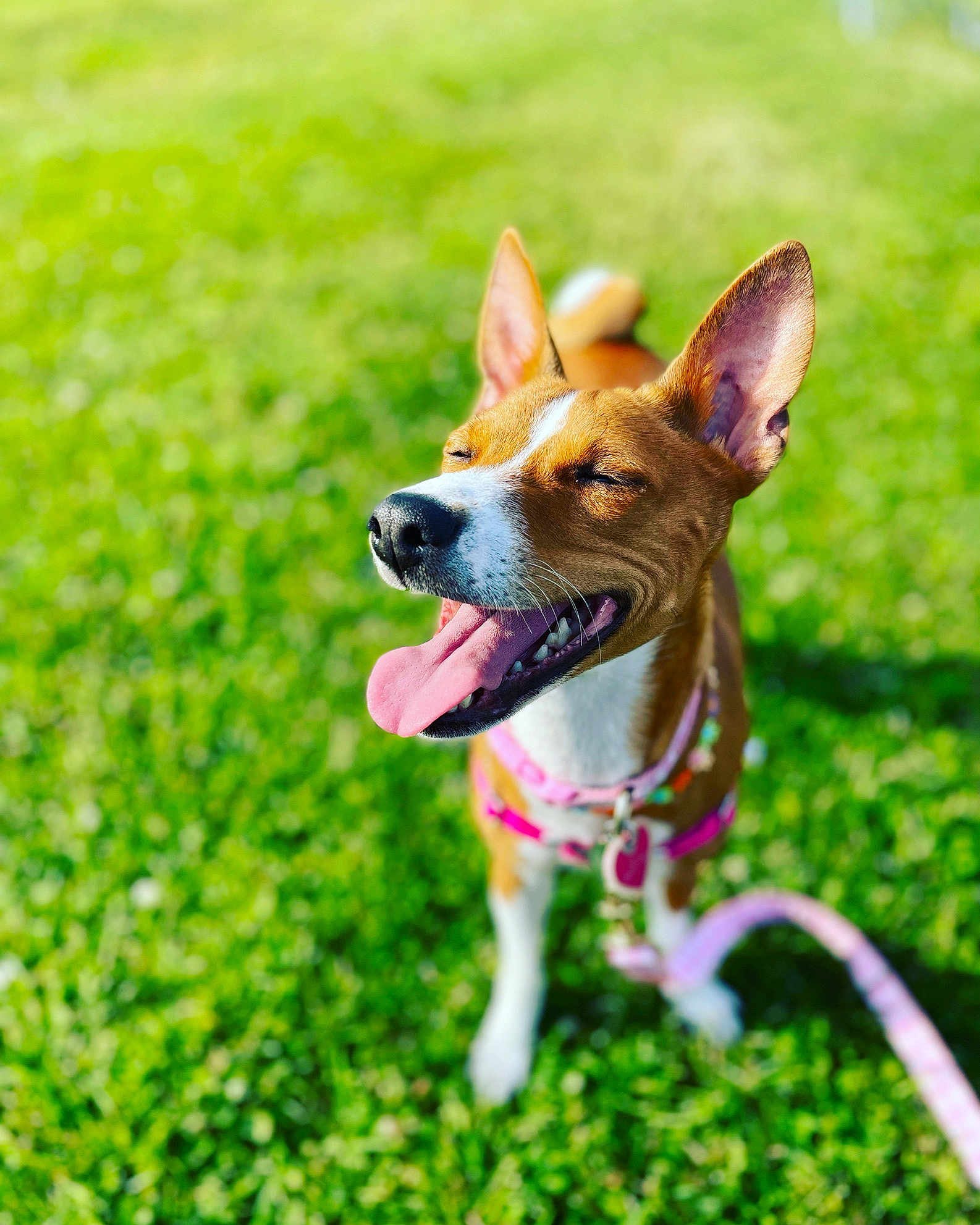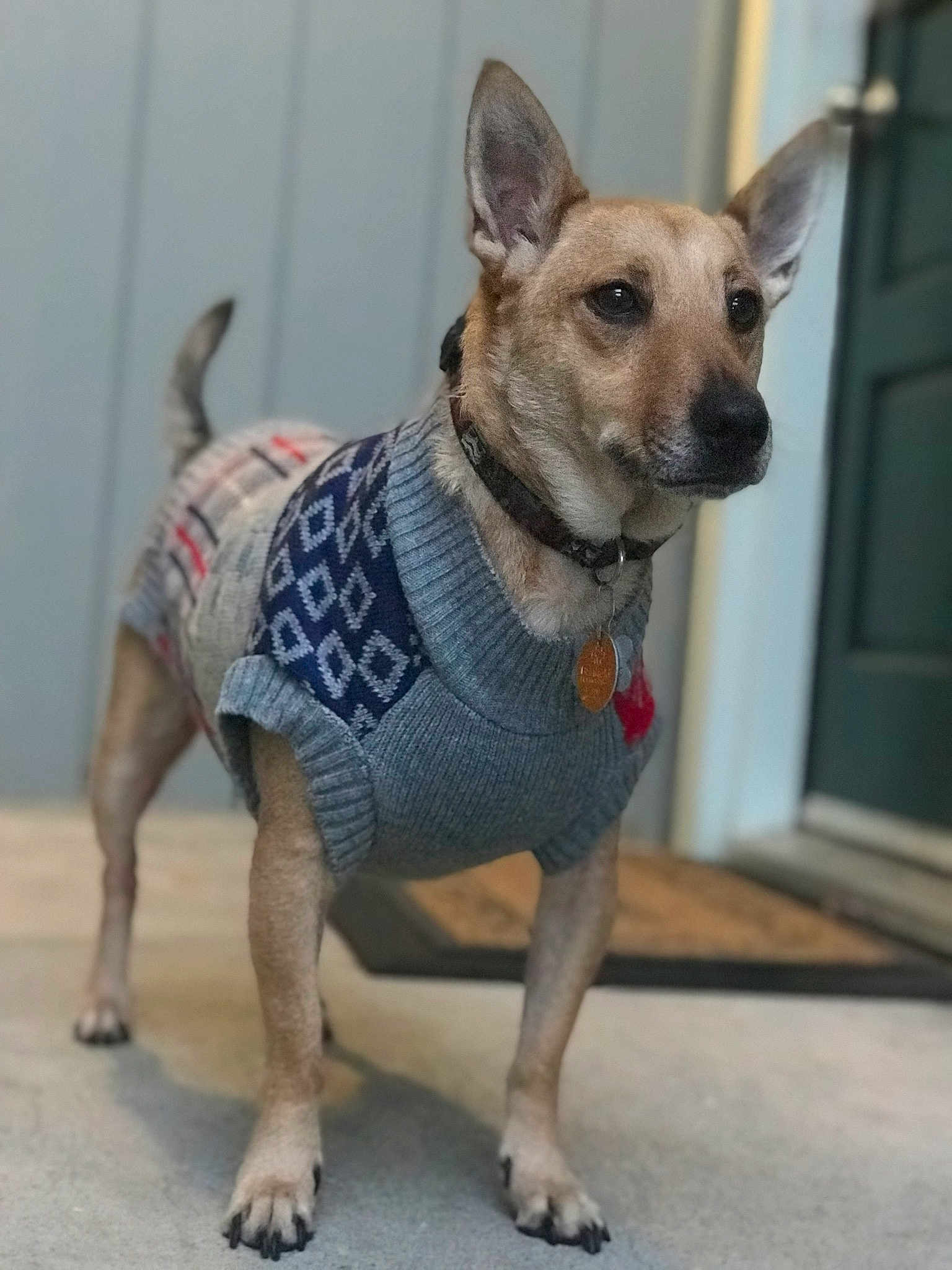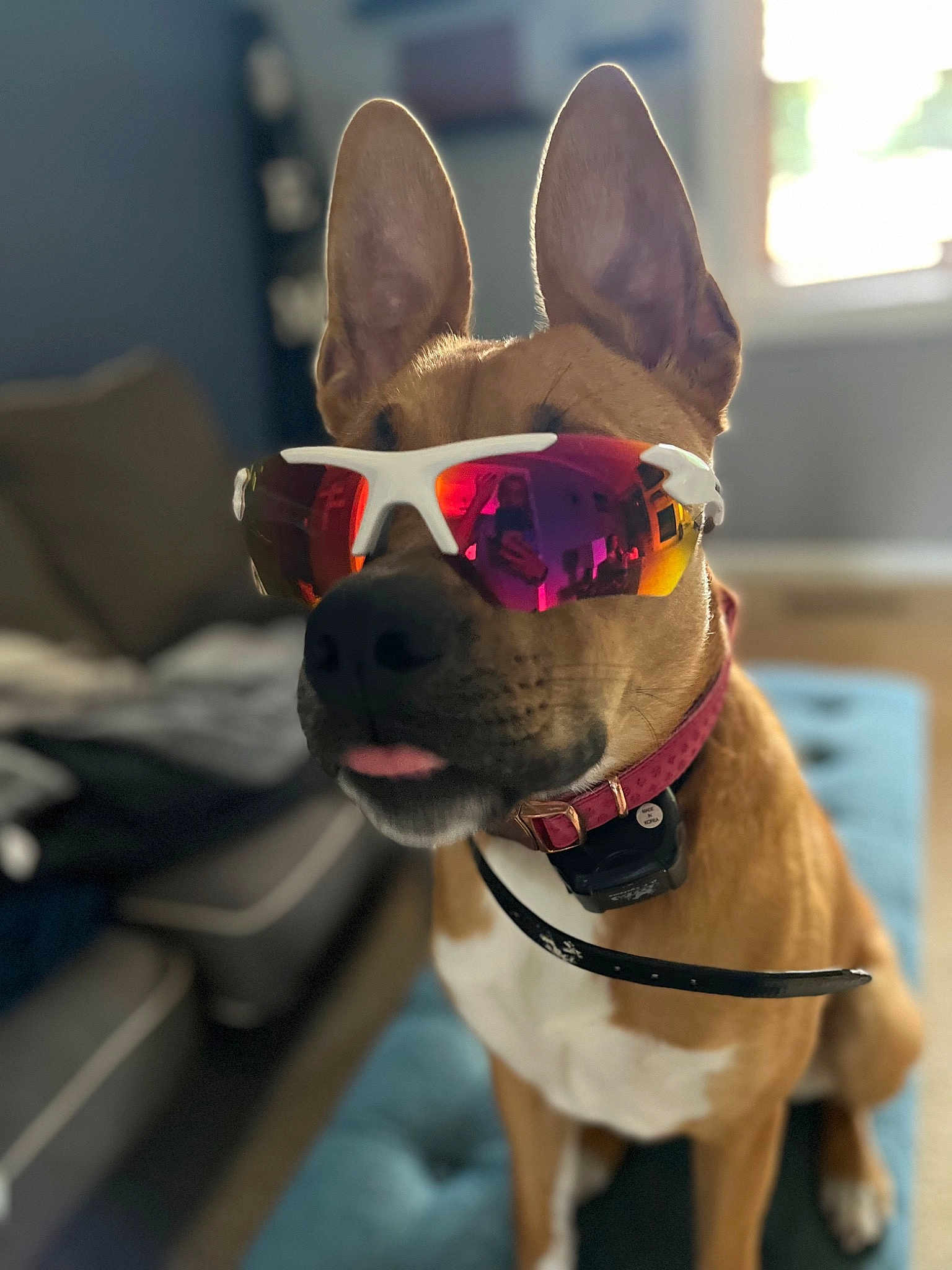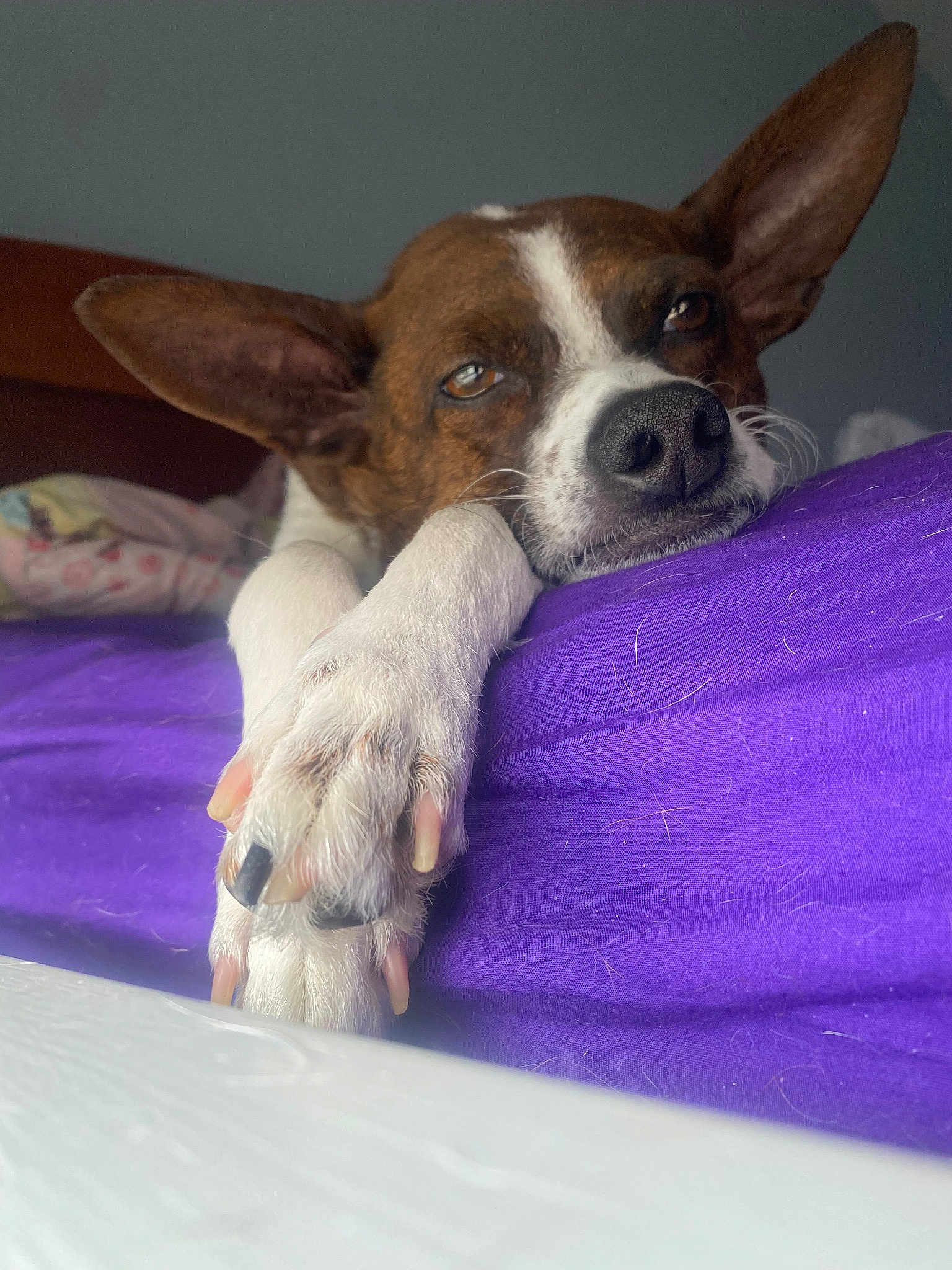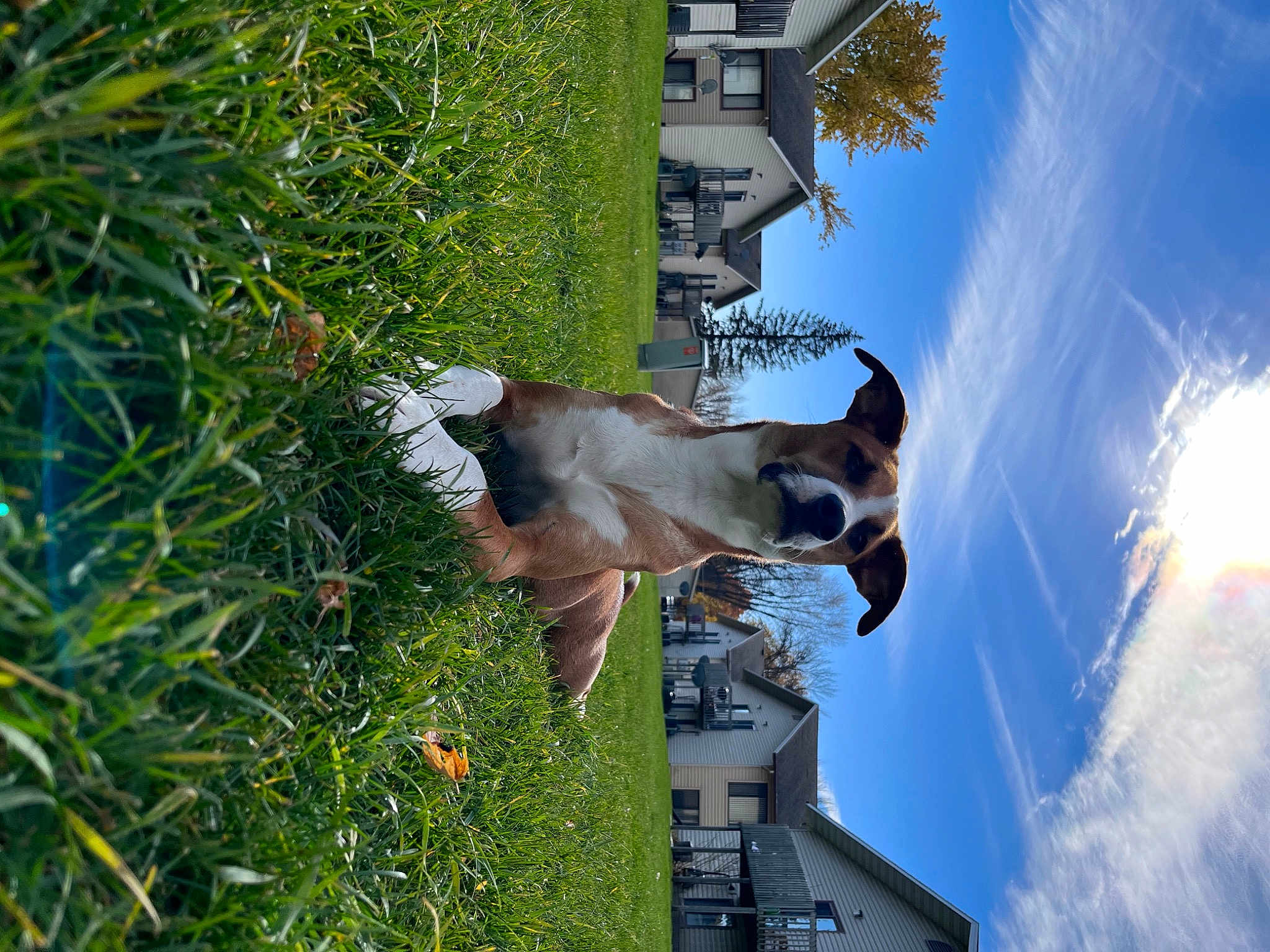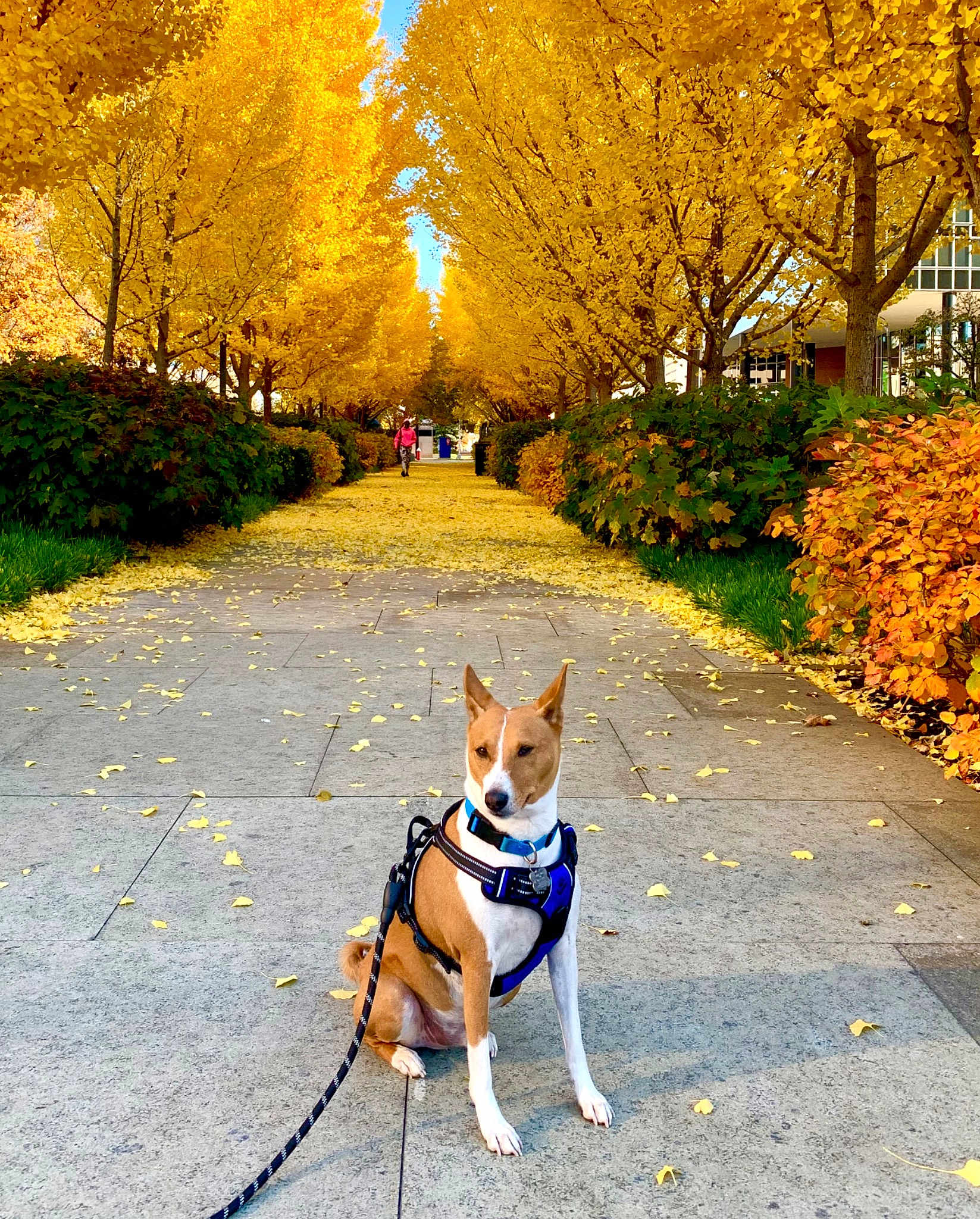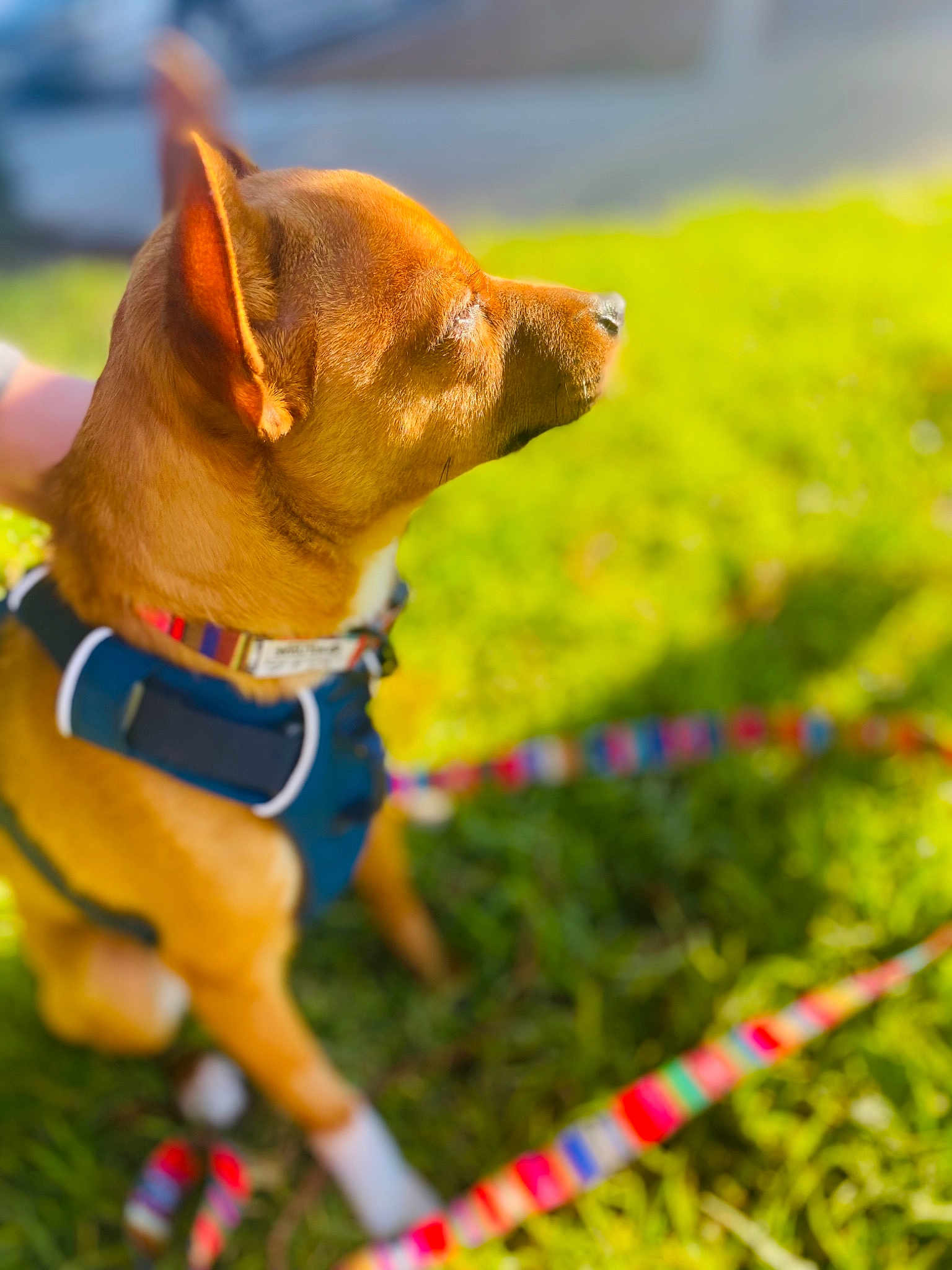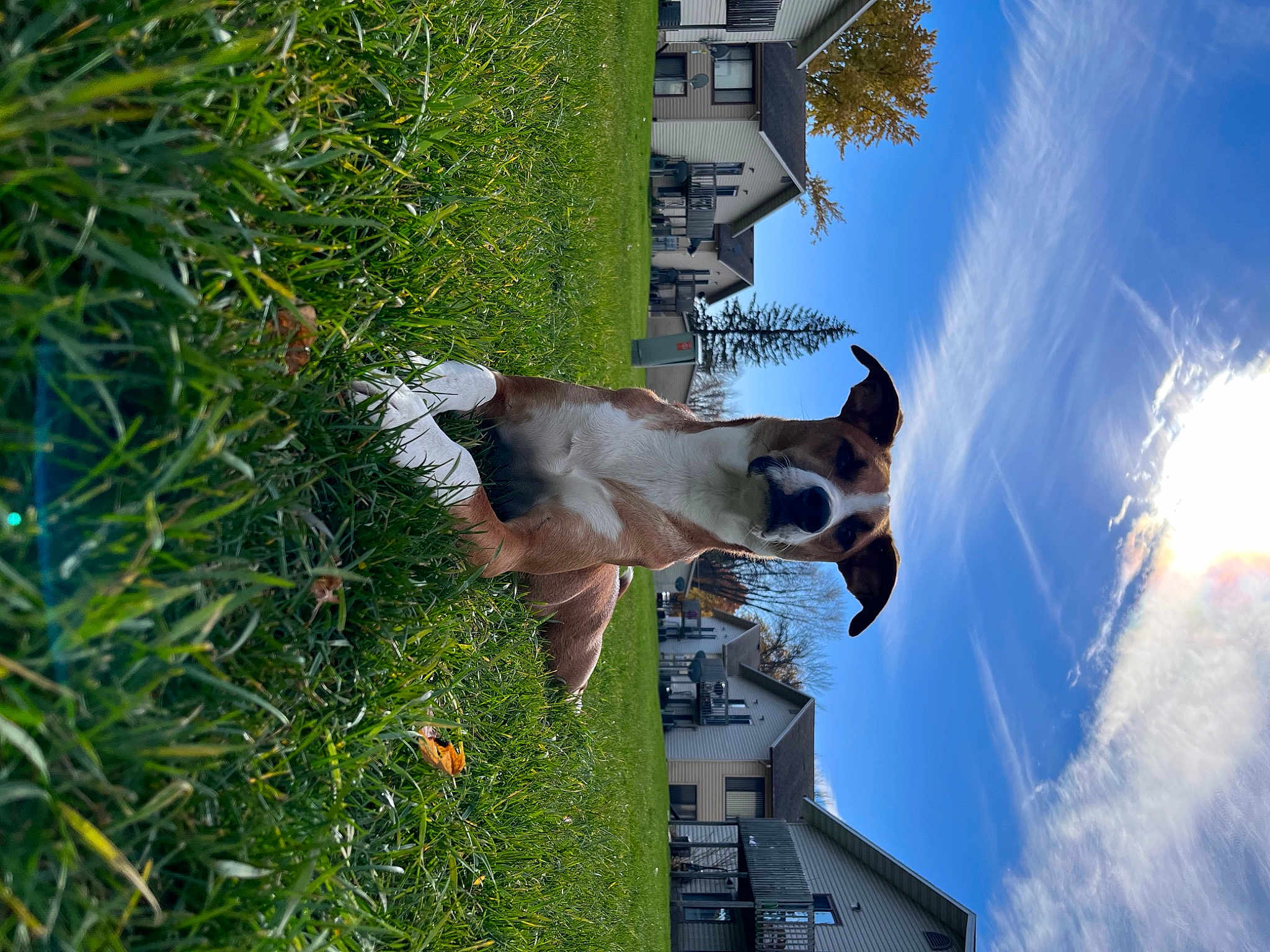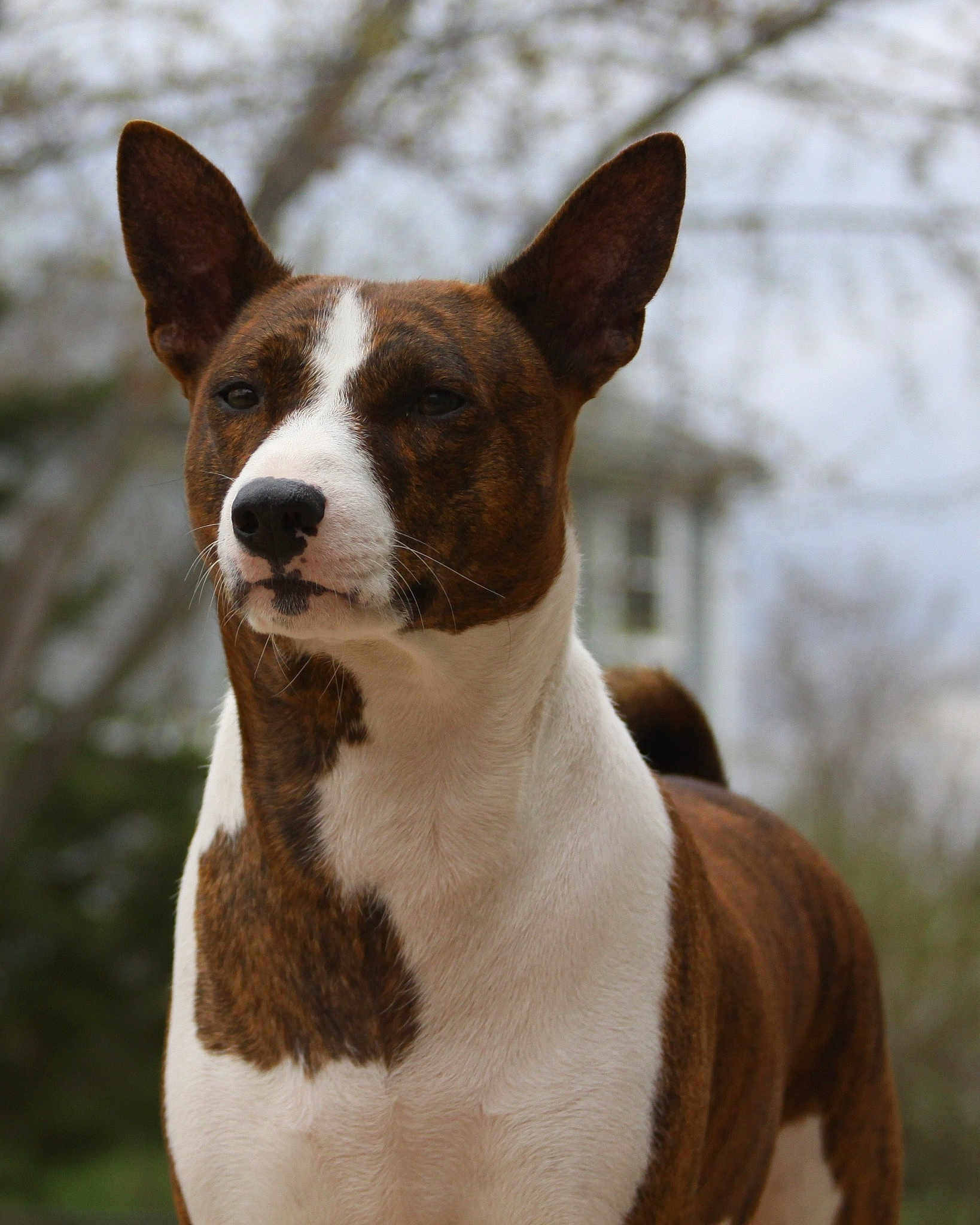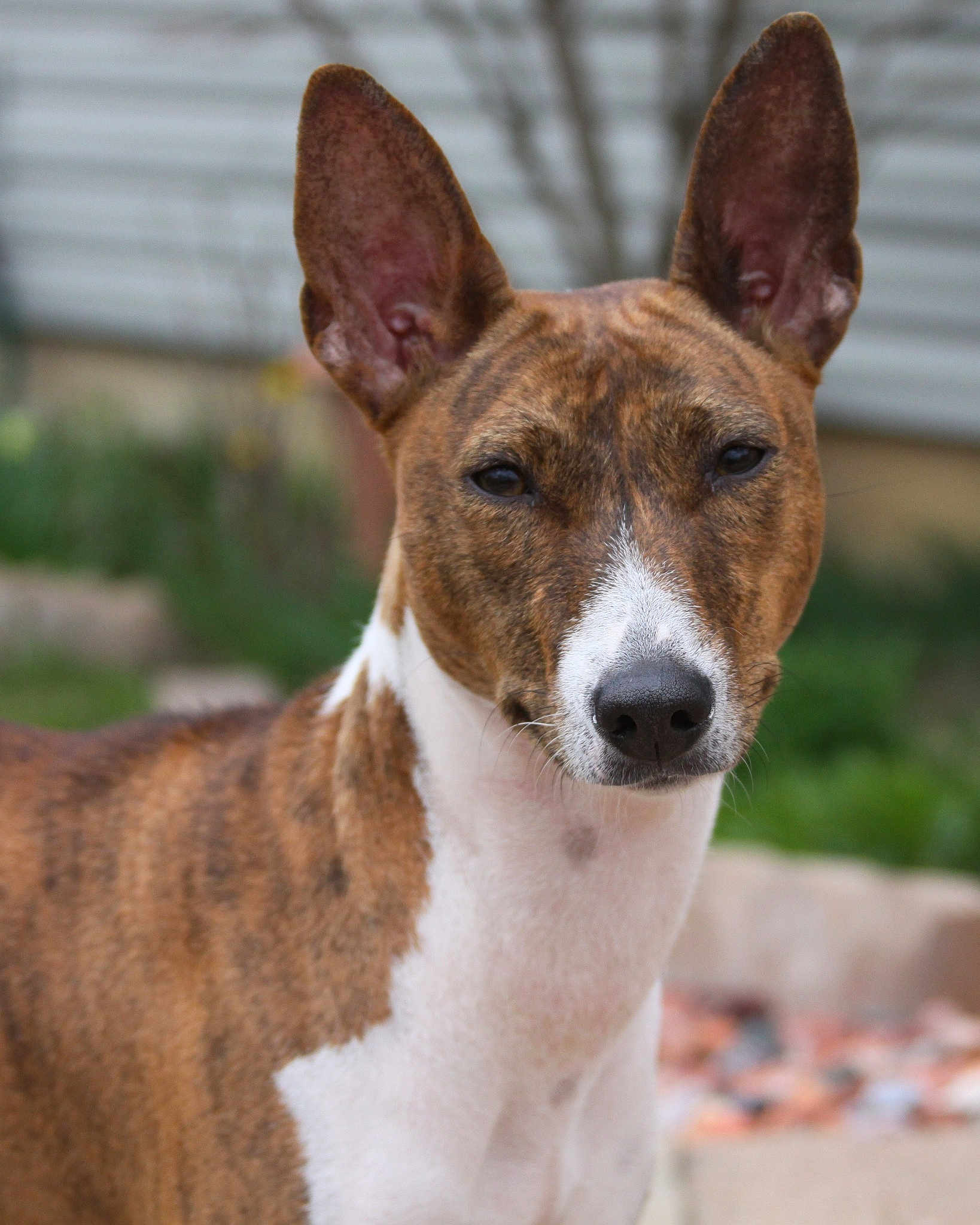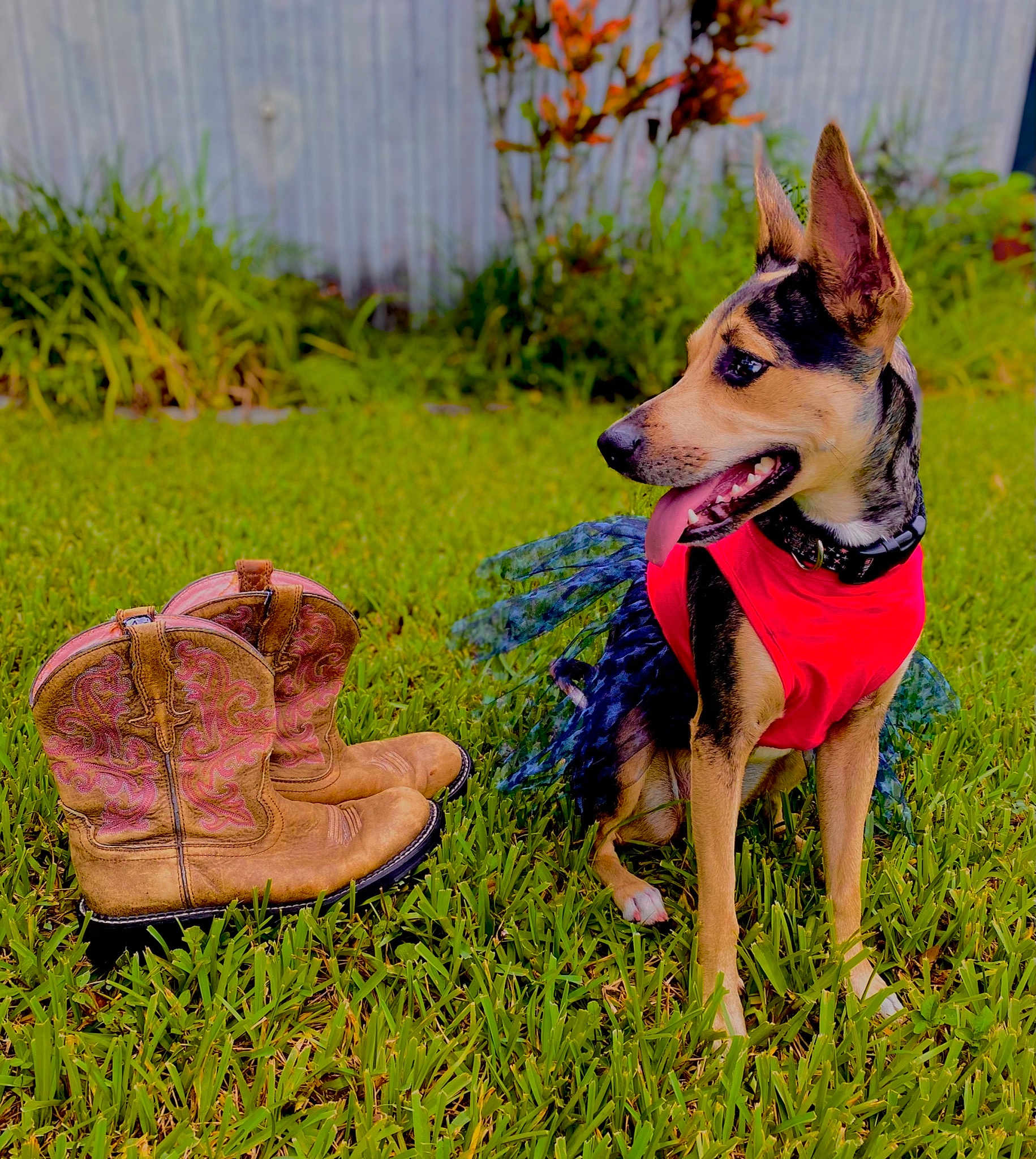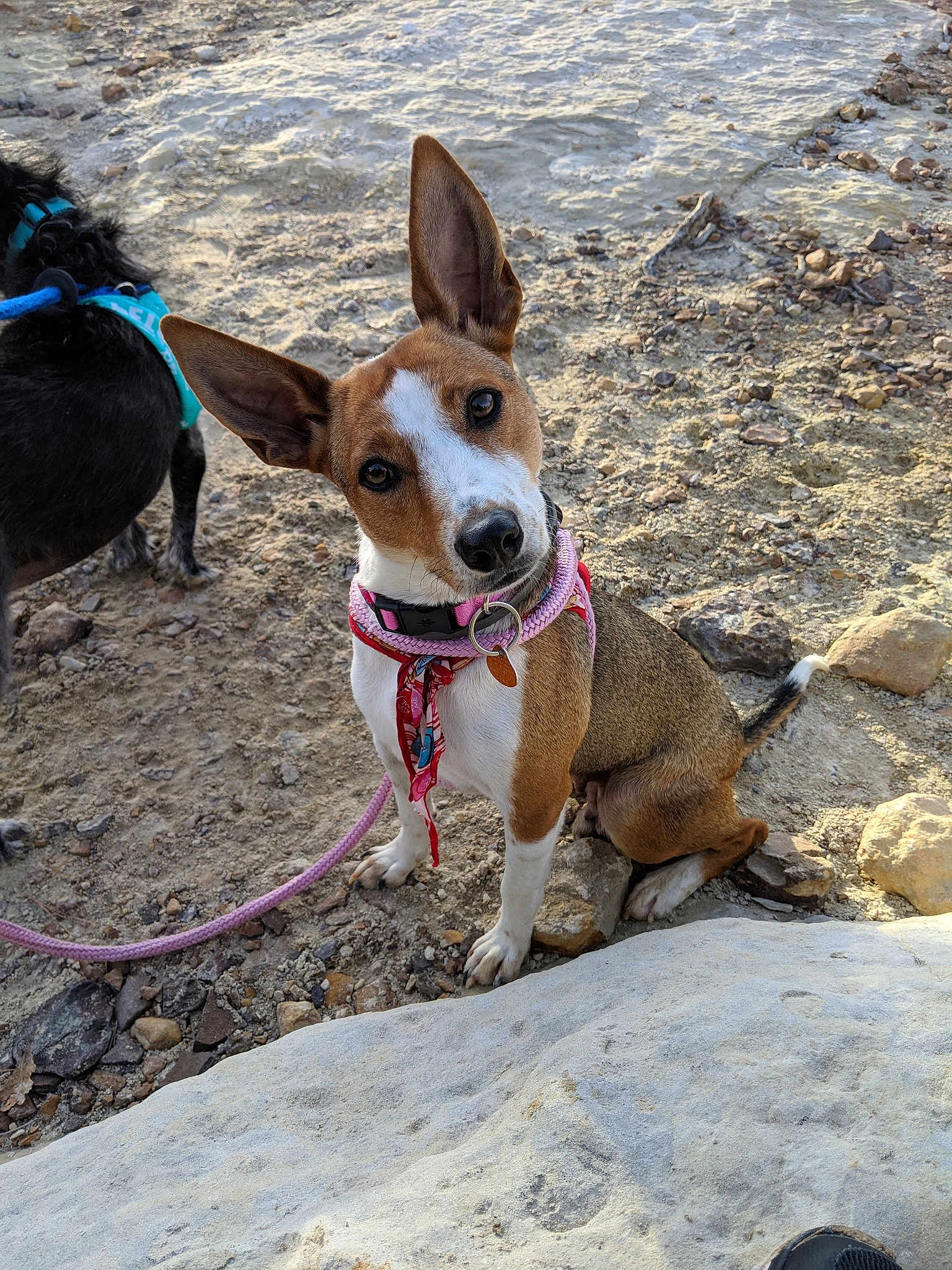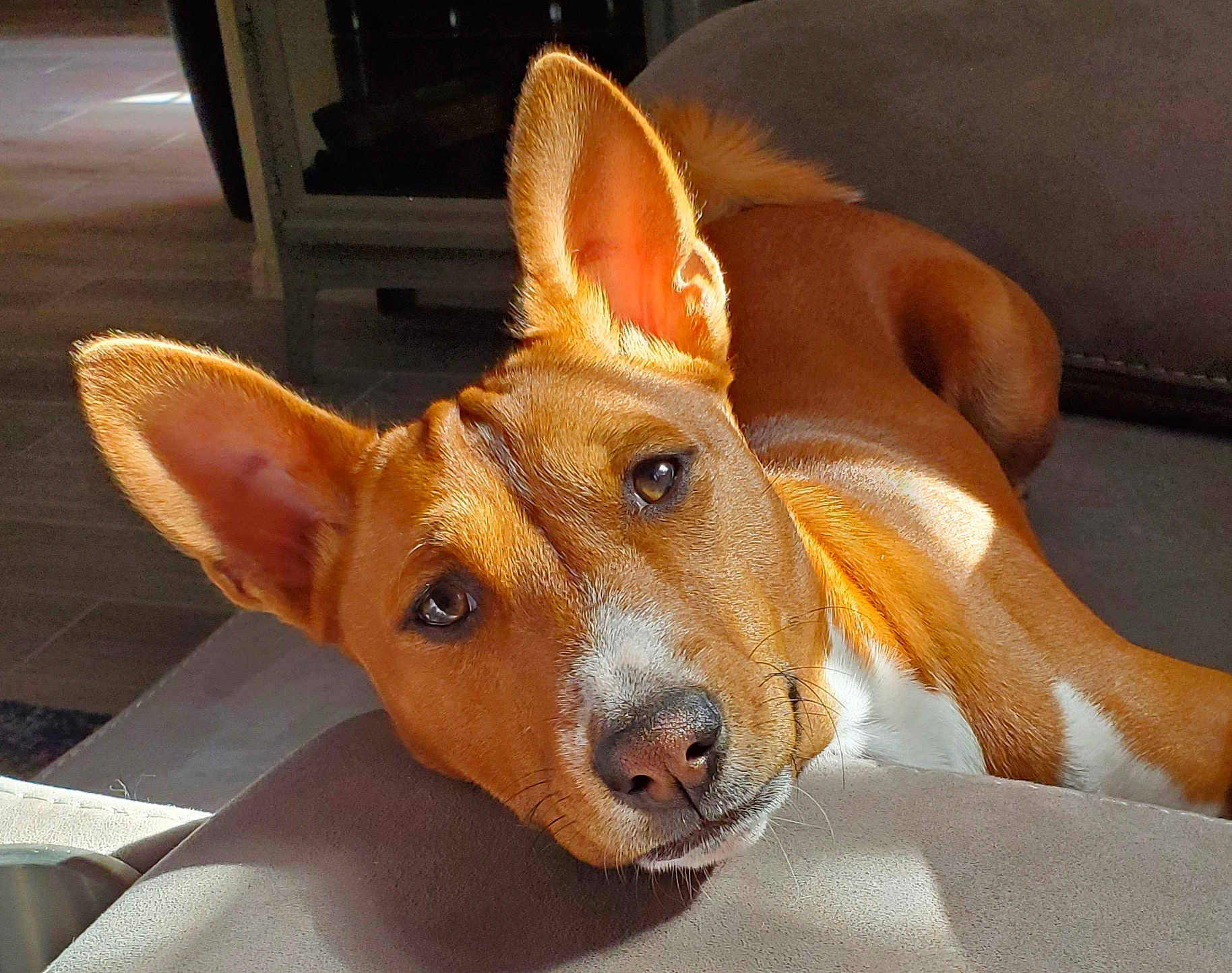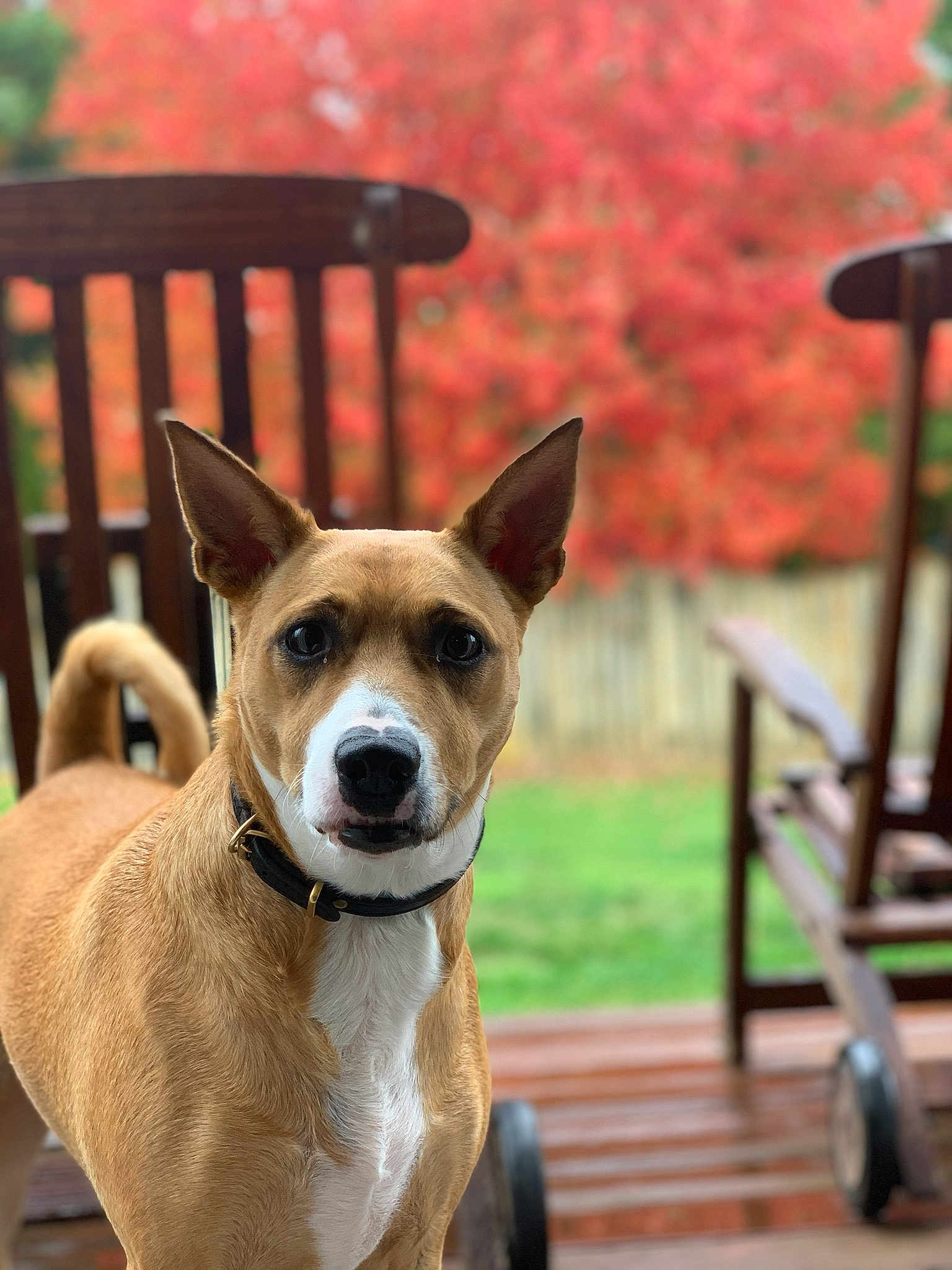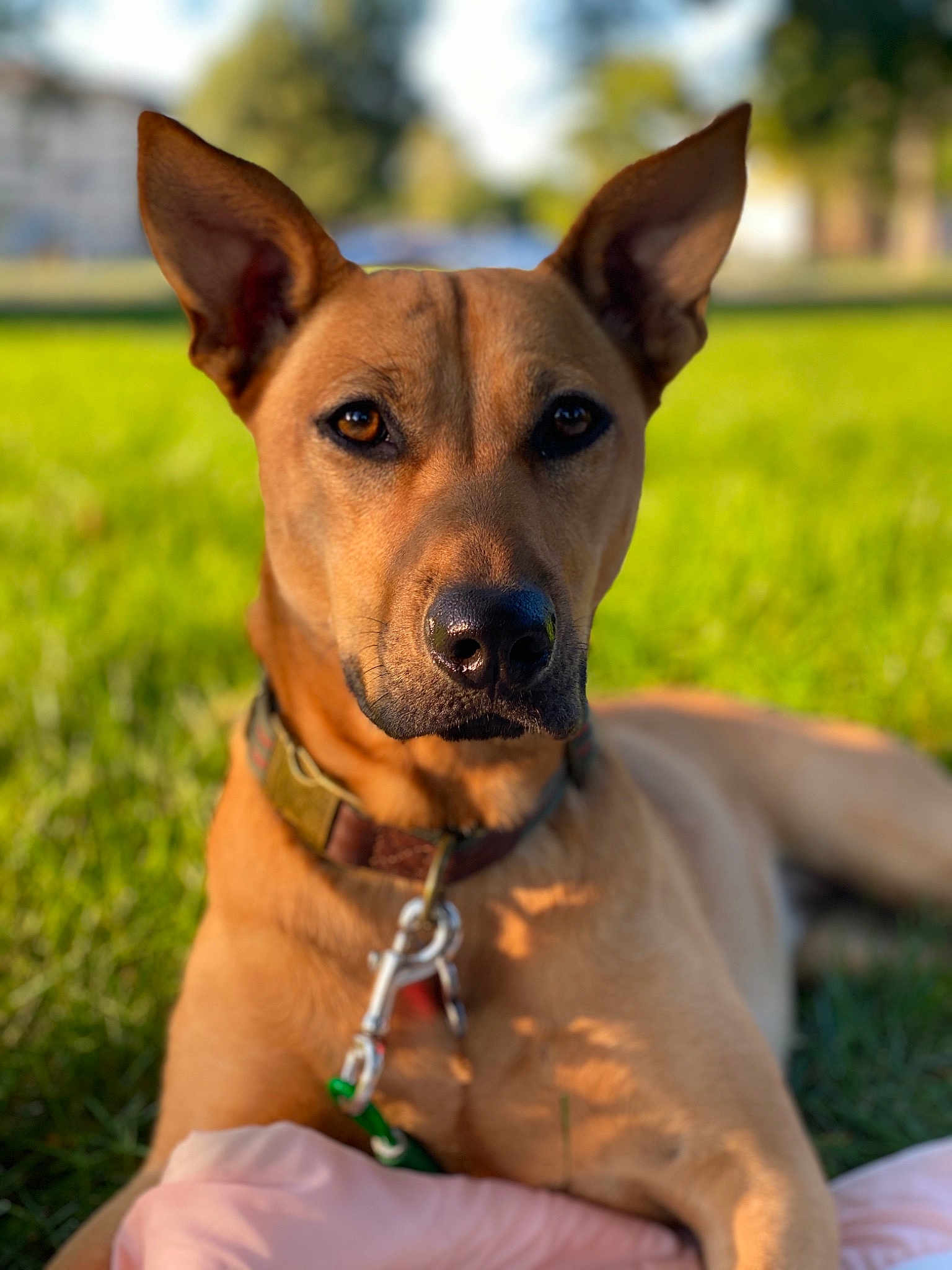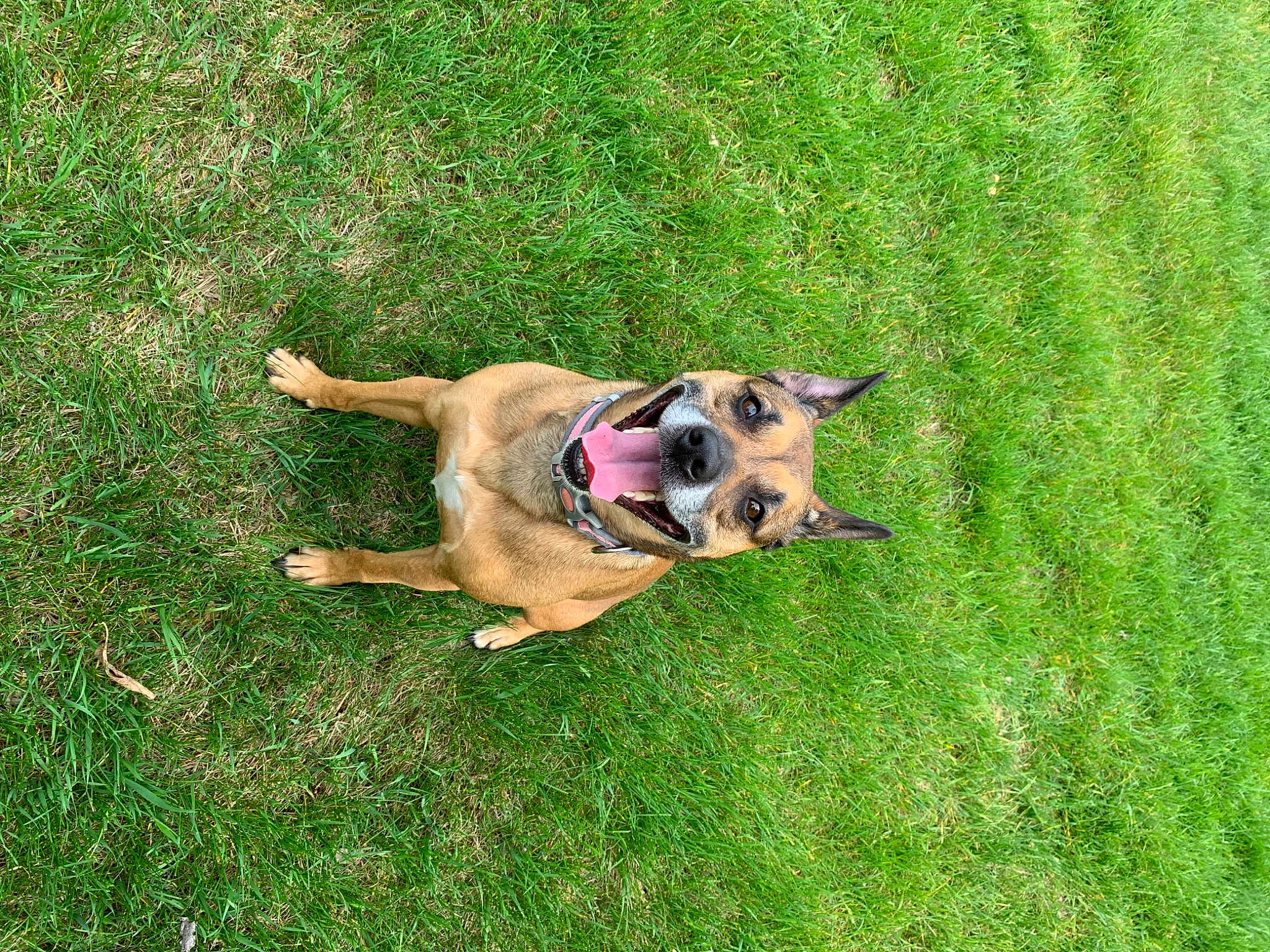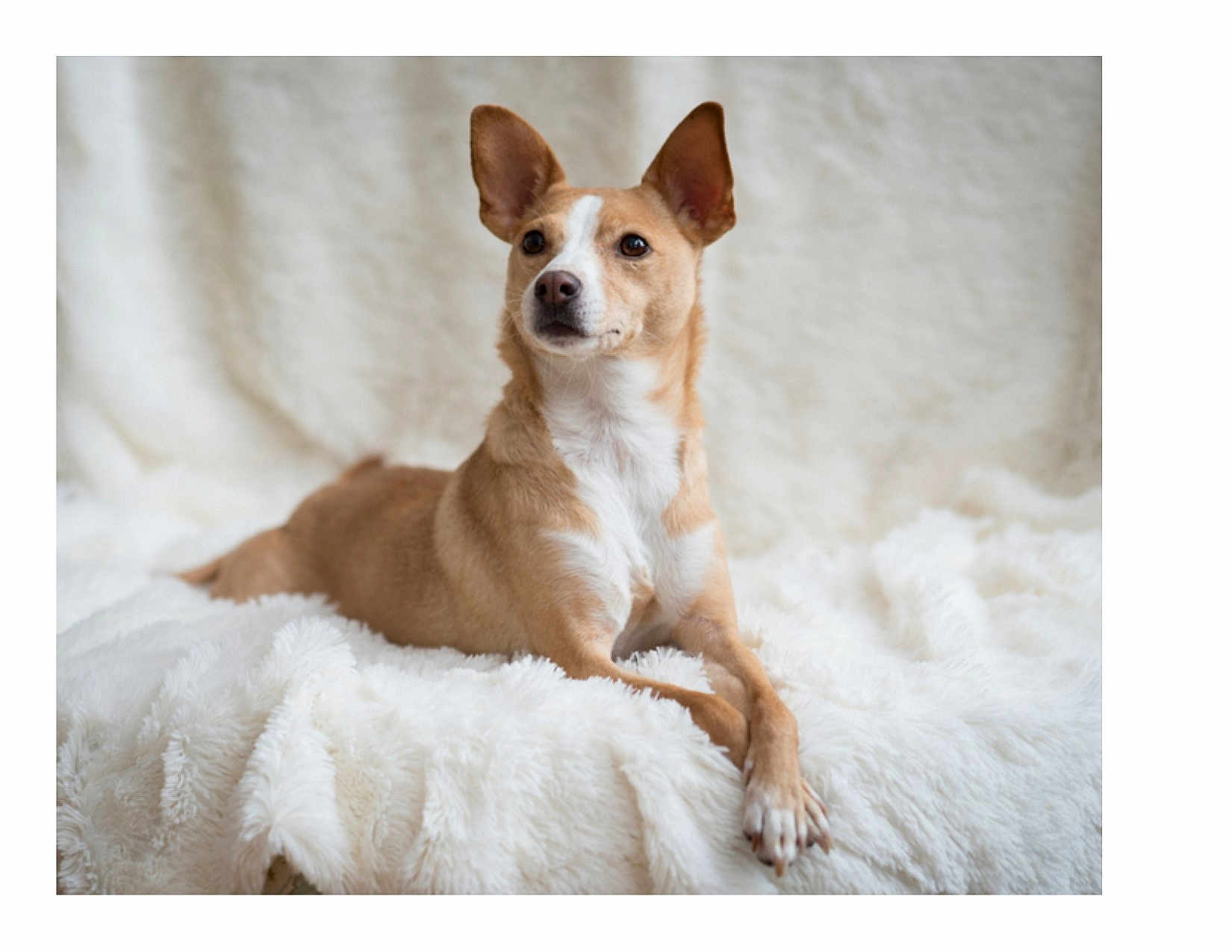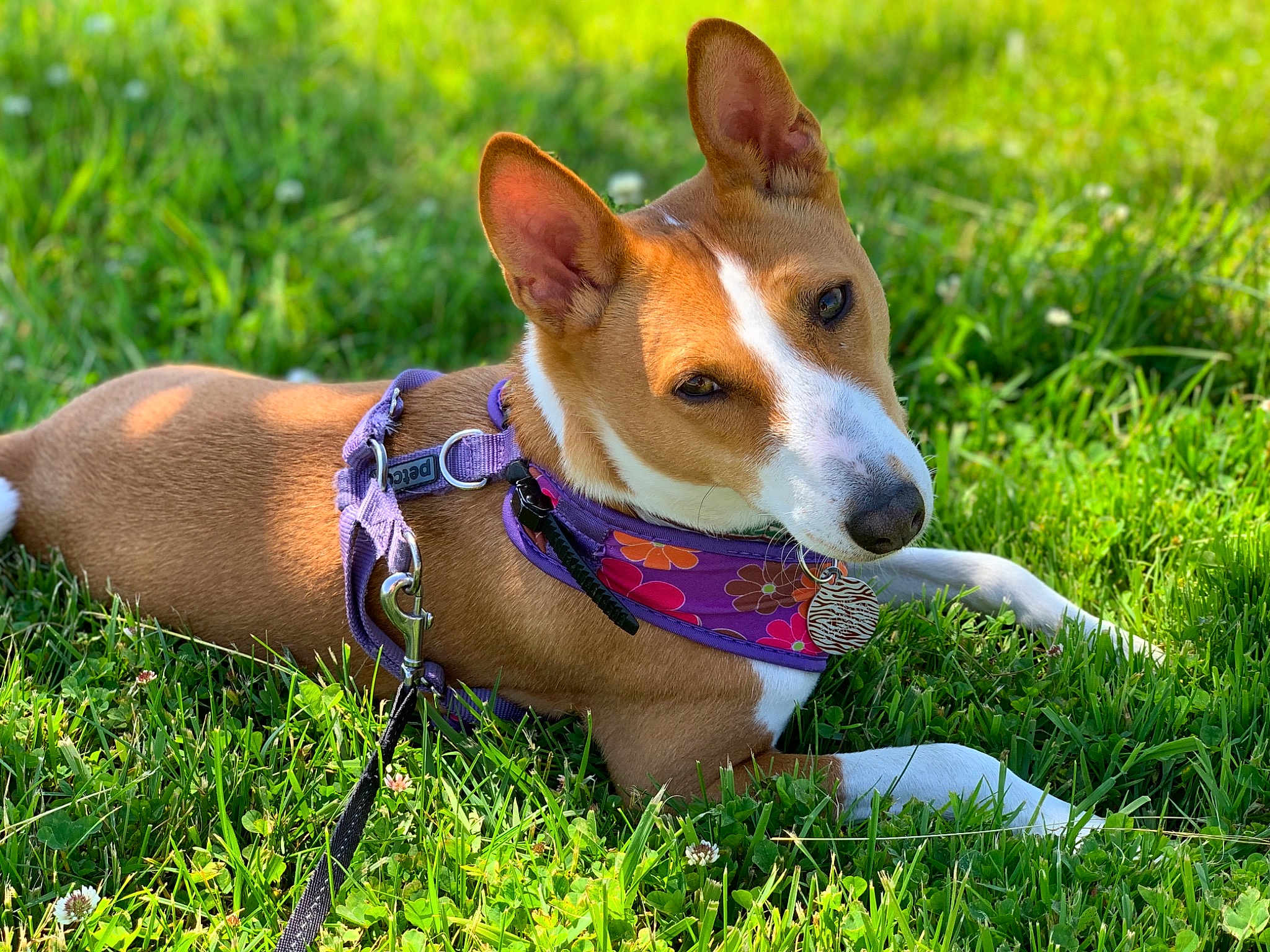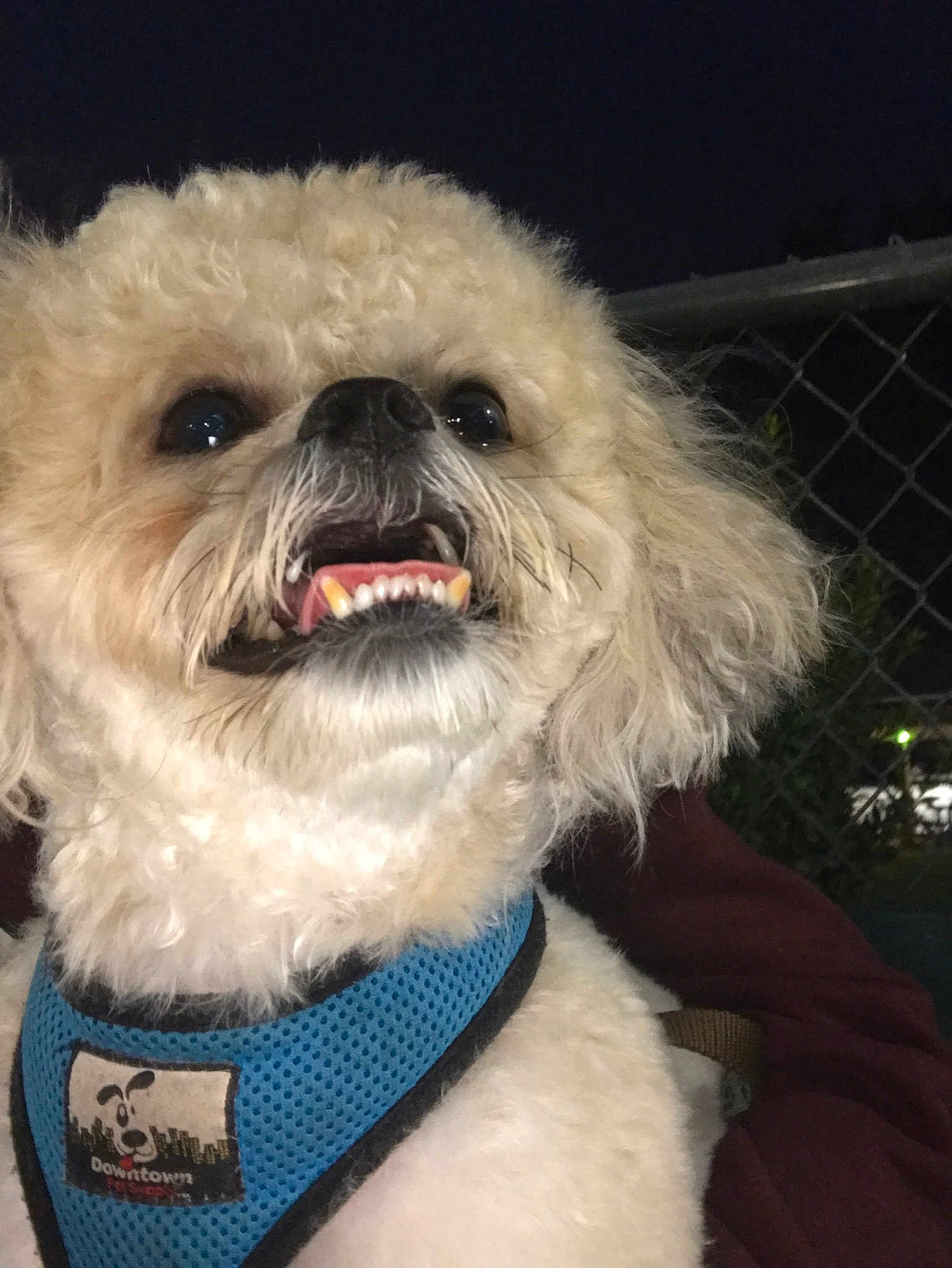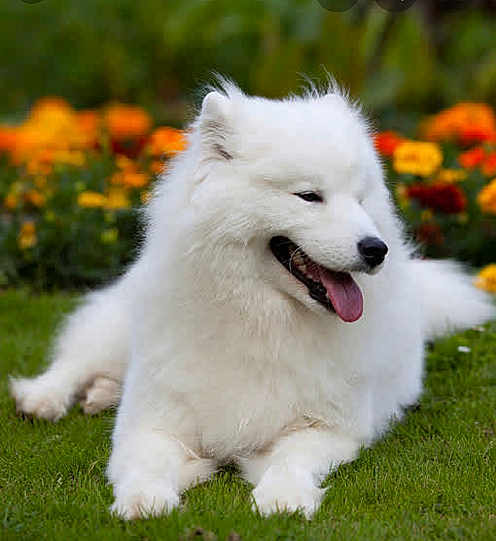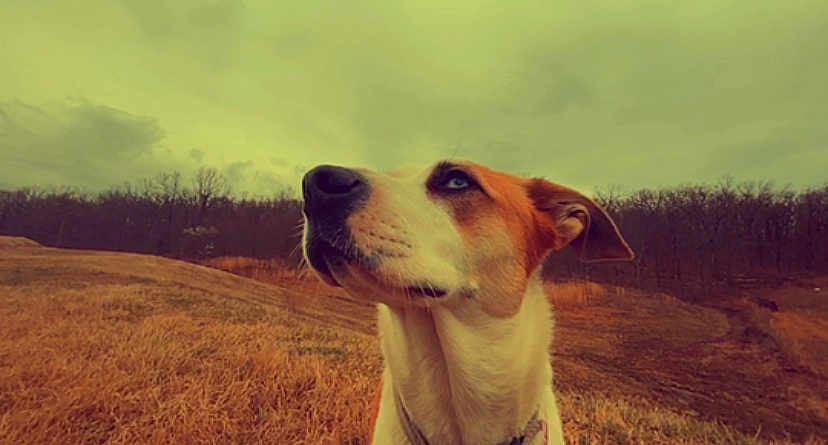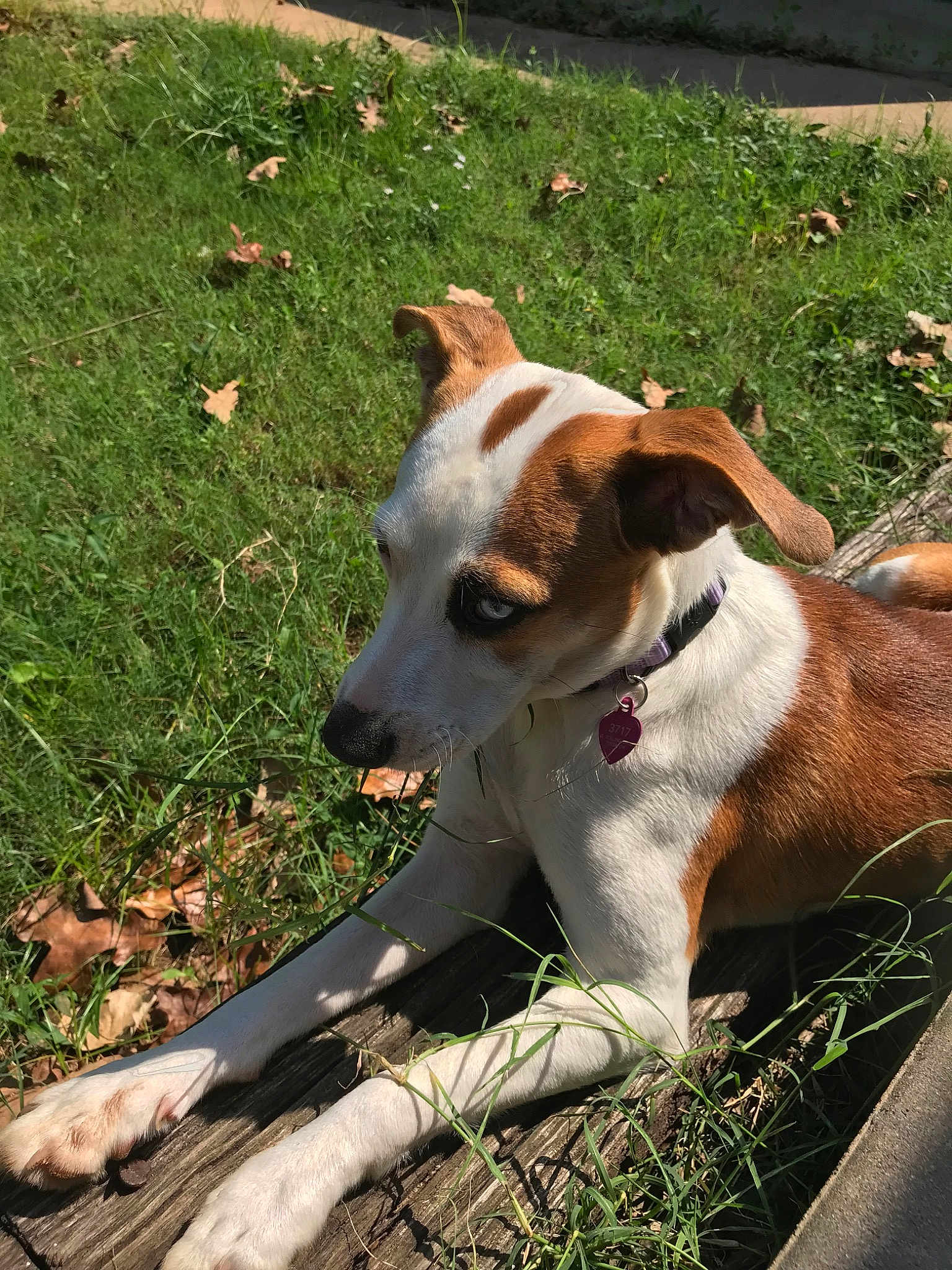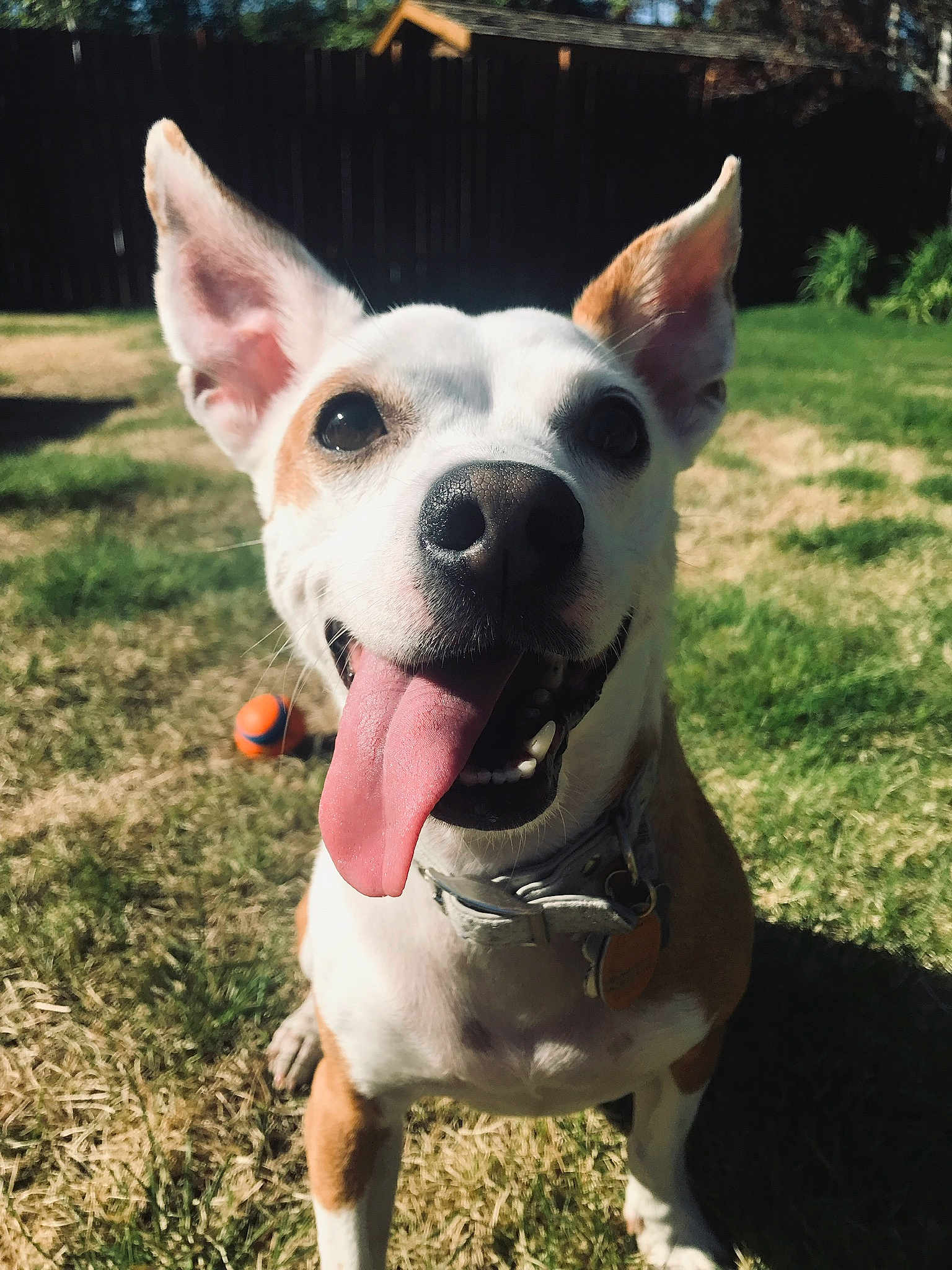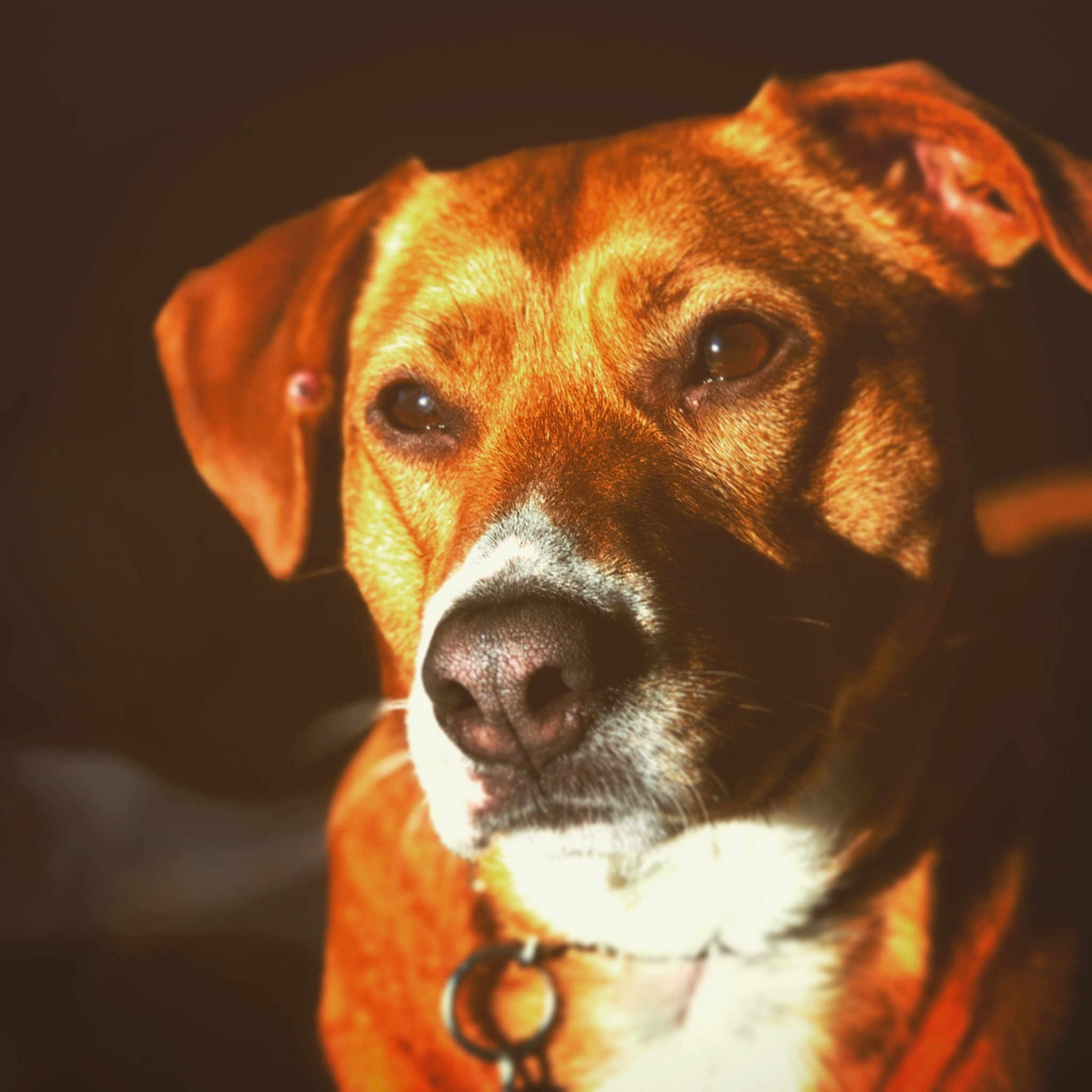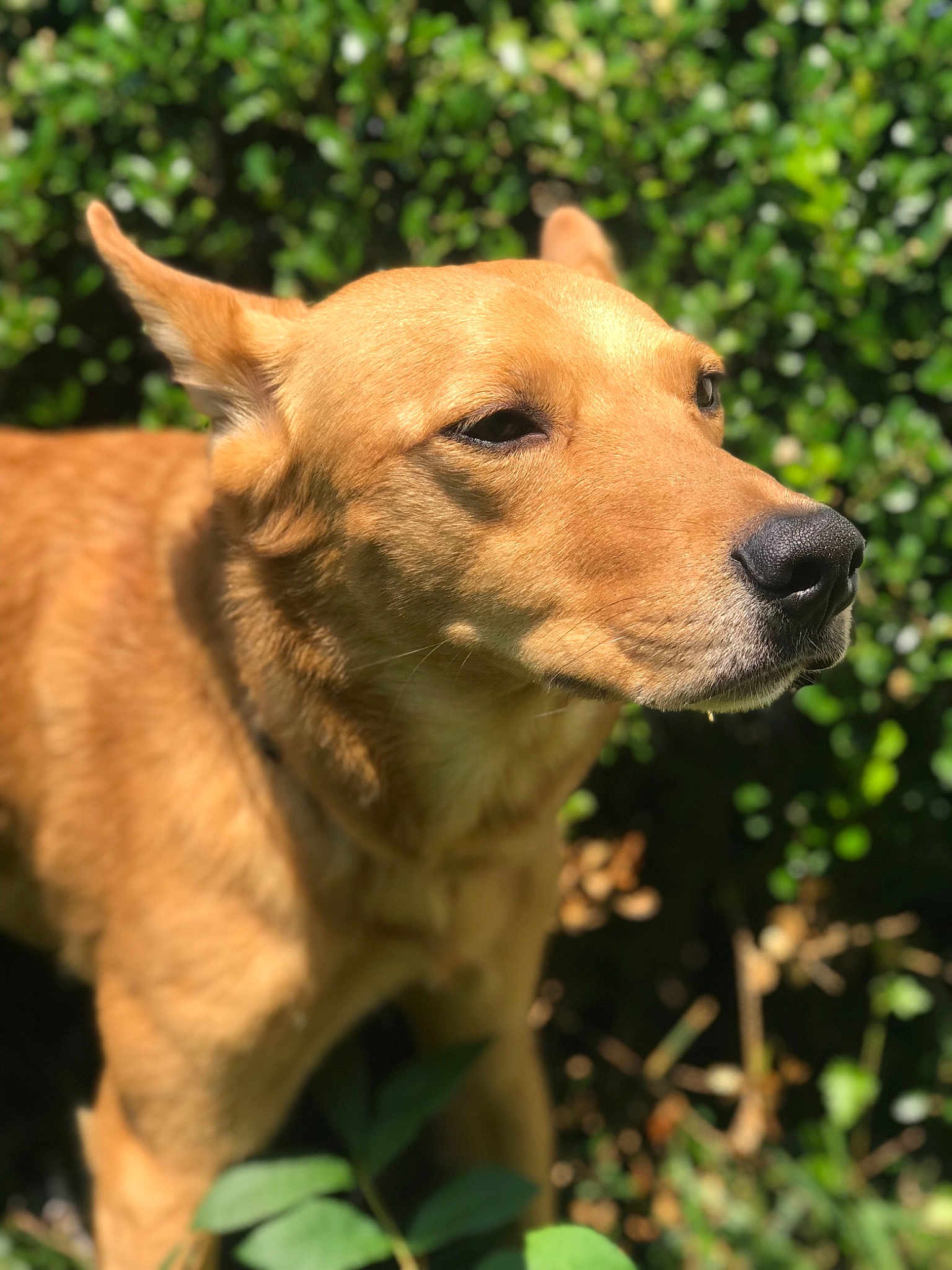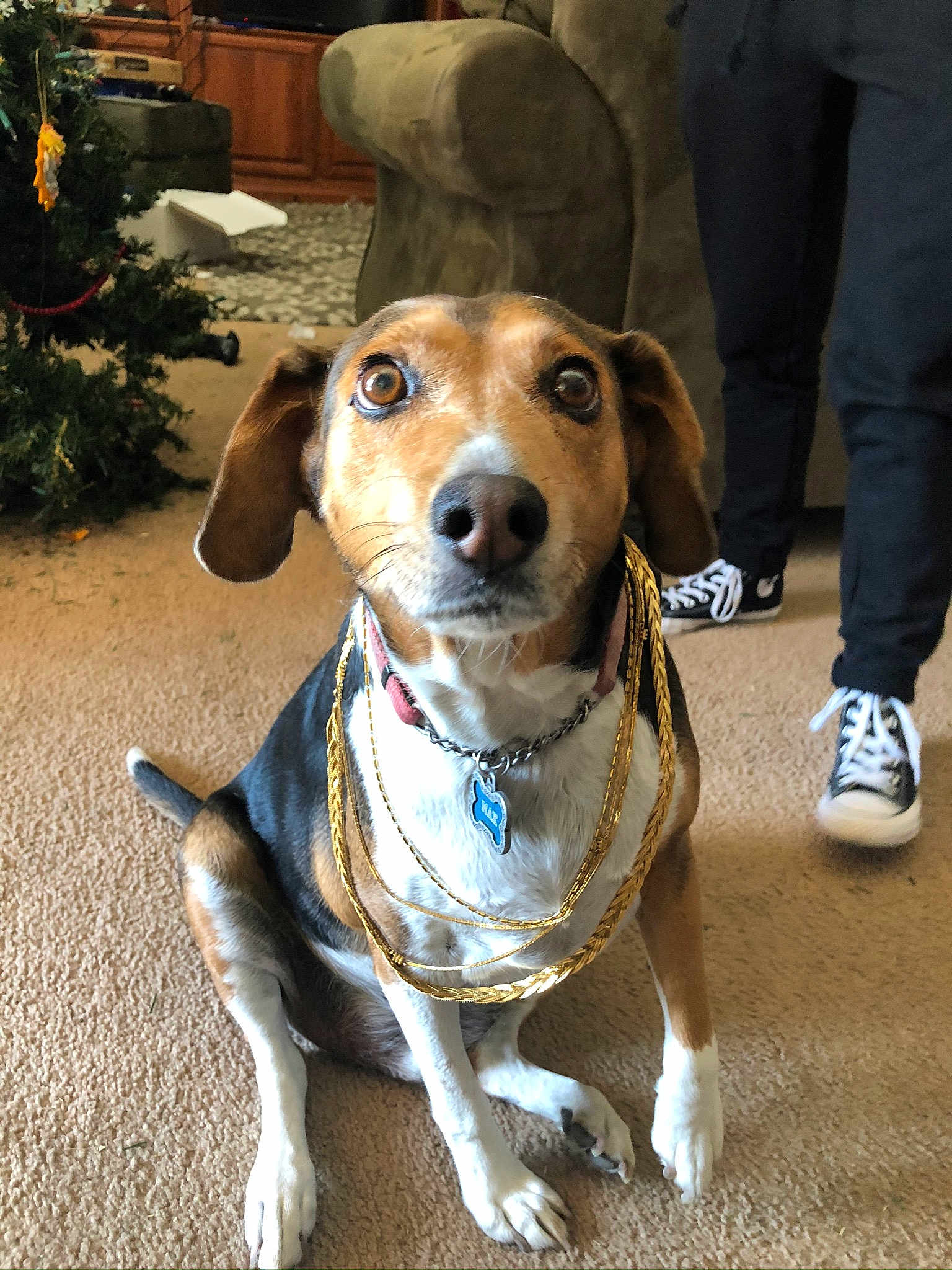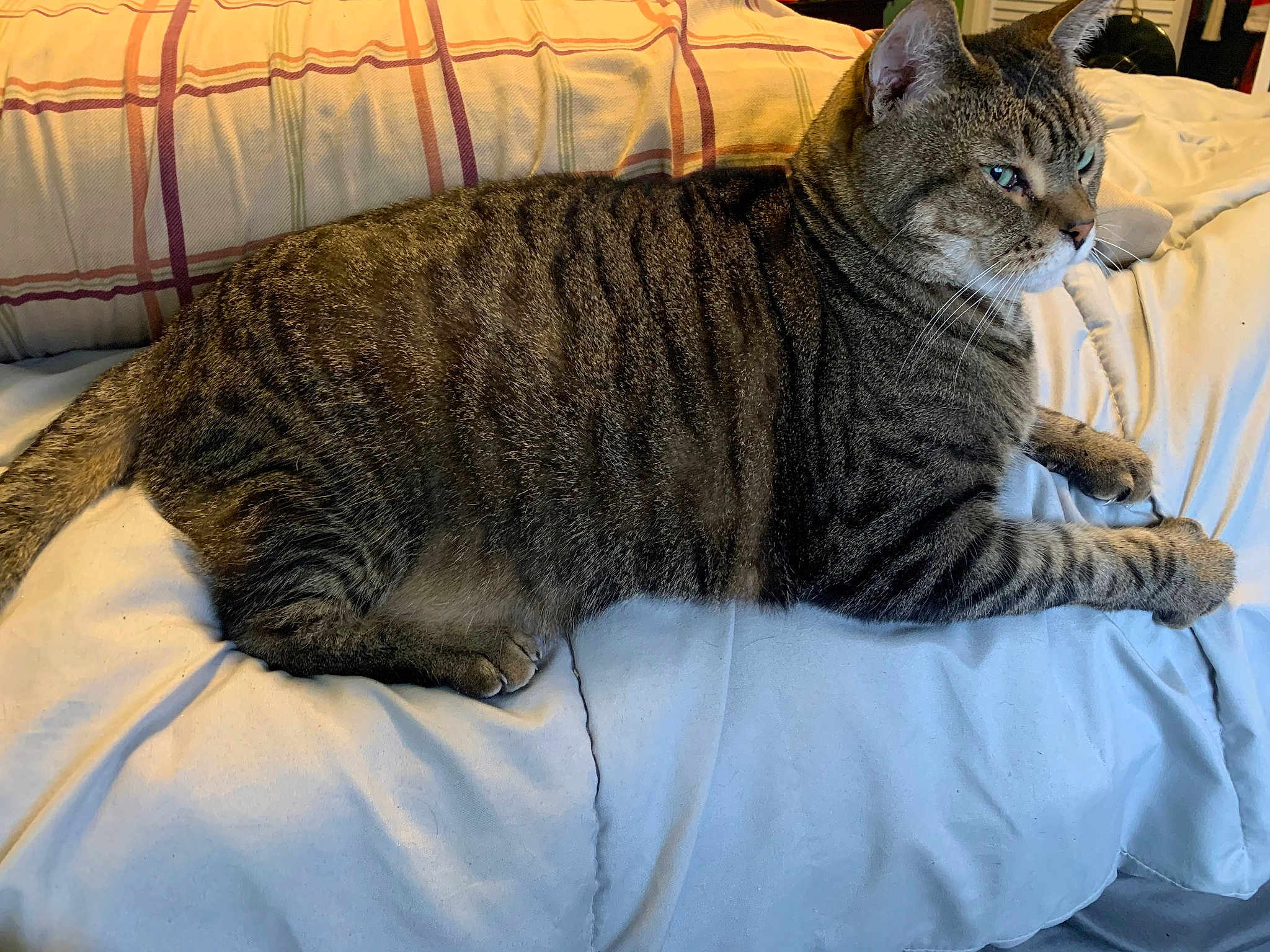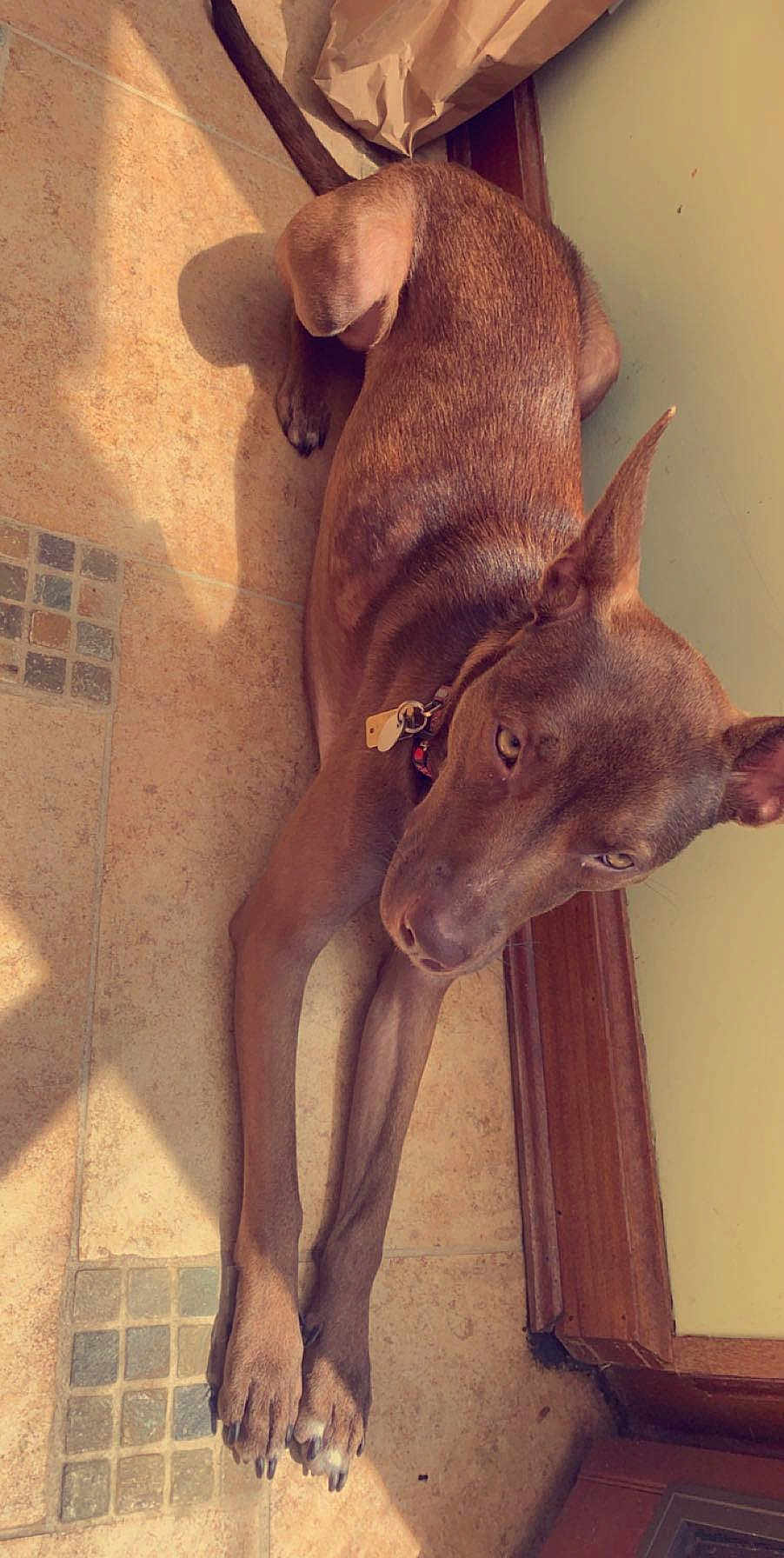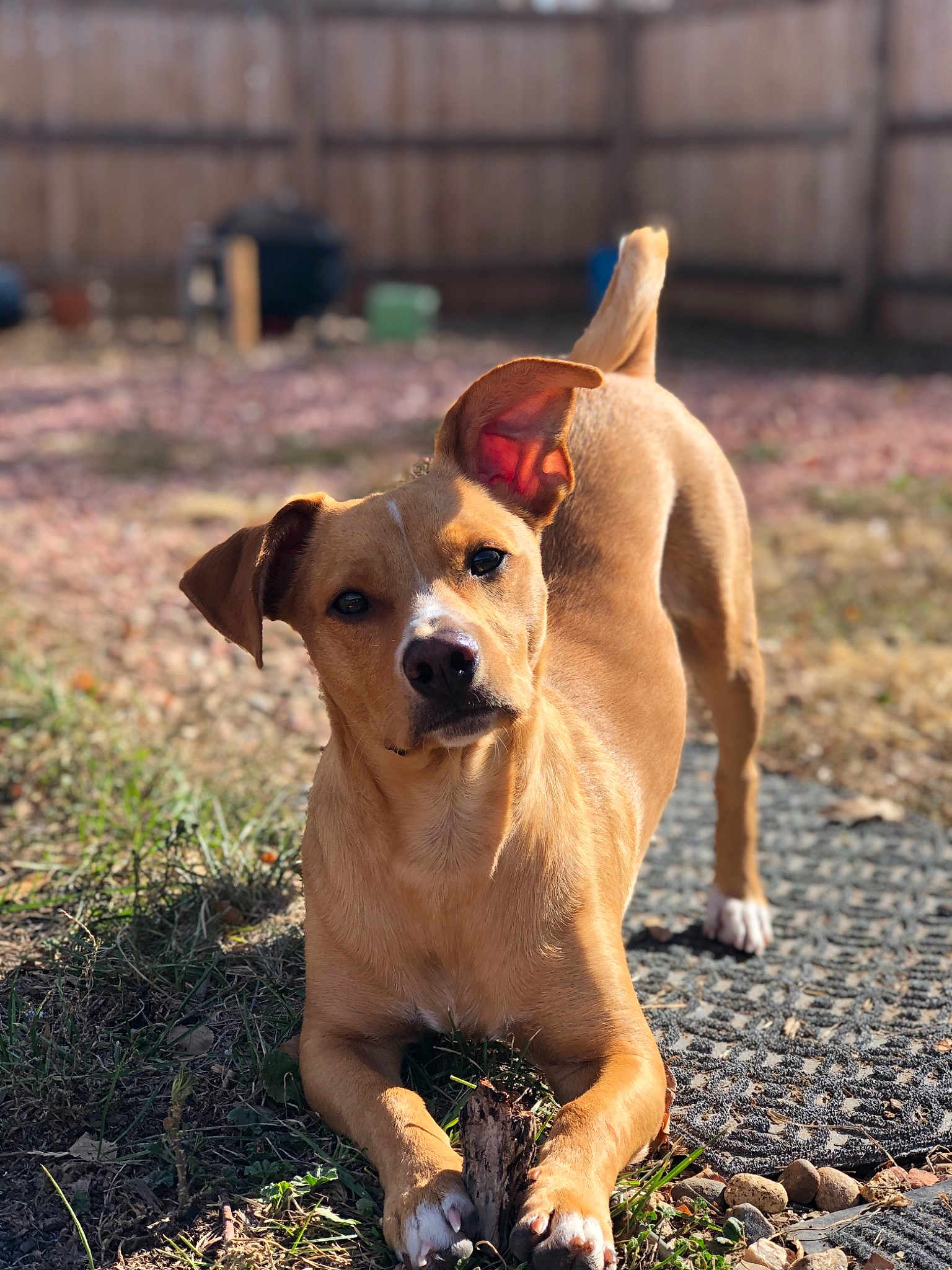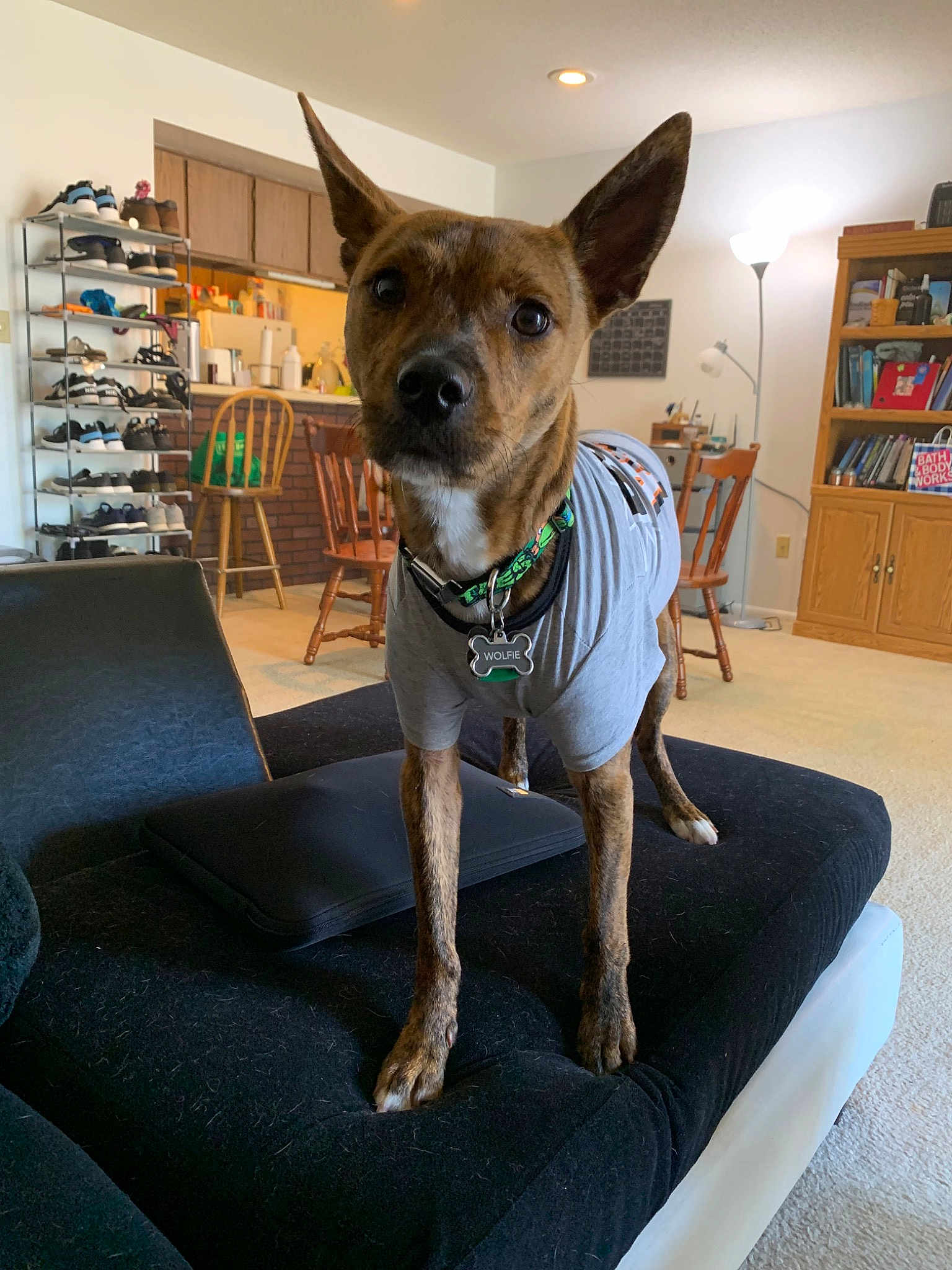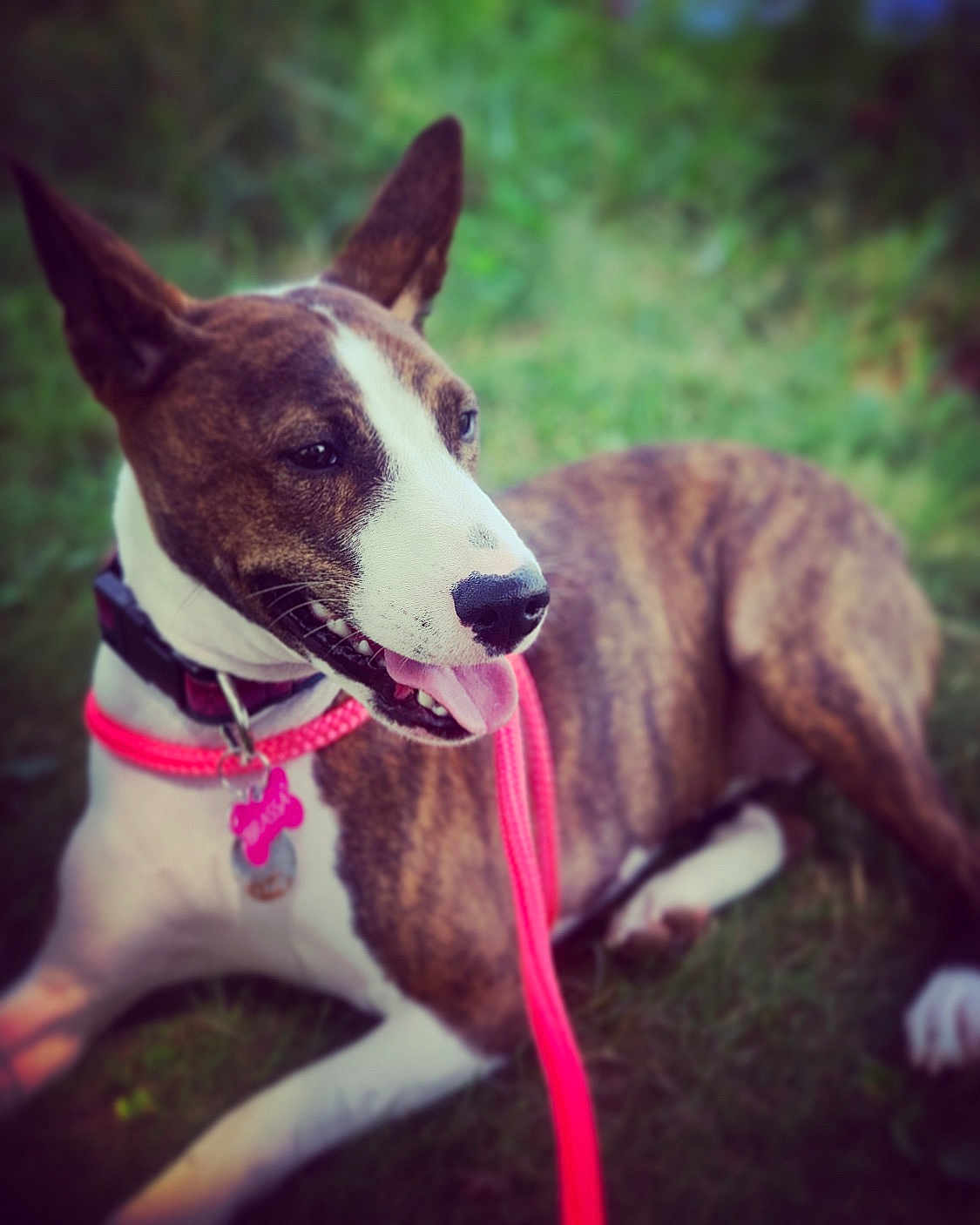
"The Basenji is often called the 'barkless dog' because they produce an unusual yodel-like sound known as a 'baroo' when excited. This breed's distinct vocalization speaks volumes about their unique heritage and personality."
Personality and Behavior of the Basenji
The Basenji is renowned for its unique and spirited personality, making it stand out in the diverse world of dog breeds. These dogs are known for their intelligence and independence, often described as cat-like in their behavior. They are curious and adventurous, constantly eager to explore their surroundings and engage in playful activities. Basenjis form strong bonds with their families and are typically very affectionate with those they trust, although they can be aloof with strangers.
Their intelligence sometimes translates into a bit of a stubborn streak. Training a Basenji can be challenging, as they tend to think for themselves. This doesn't mean they are untrainable, but rather that they require consistent and patient handling. Positive reinforcement techniques work best, as Basenjis respond well to treats and praise.
"Did you know? The Basenji's inability to bark is due to their uniquely shaped larynx, a feature that helped them remain silent hunters in the dense forests of Central Africa."
Basenjis are also known for their high energy levels and need for regular physical activity. They excel in various dog sports and love games that challenge their agility and intelligence. Without sufficient exercise and mental stimulation, a Basenji may become bored and engage in undesirable behaviors such as chewing or digging.
Despite their active nature, Basenjis have a calm demeanor indoors. They are clean dogs, often grooming themselves much like cats, and are typically free of the usual doggy odor. This makes them a good fit for households that value cleanliness and order.
Meanings, History and Origins of the name Basenji
The name "Basenji" originates from a local word meaning "bush thing," reflecting the breed's African roots. The Basenji is one of the oldest dog breeds in the world, with roots tracing back to ancient Egypt. Artifacts and engravings from Pharaohs' tombs depict dogs resembling the modern Basenji, highlighting their long-standing relationship with humans.
Originally, Basenjis were used by the Pygmy tribes of Central Africa for hunting. Their keen eyesight, acute sense of smell, and silent hunting style made them invaluable companions in tracking and capturing game. The breed's independence and resourcefulness were honed in these demanding environments, traits that remain evident in modern Basenjis.
The Basenji was first brought to England and then the United States in the 1930s. Despite their ancient lineage, Basenjis quickly adapted to a variety of living conditions, becoming beloved pets and show dogs. Their exotic appearance, characterized by their wrinkled foreheads, pricked ears, and tight curly tails, adds to their allure and elegance.
The breed's cultural significance extends beyond their hunting abilities. In many African cultures, Basenjis are considered good luck charms and protectors. Their loyalty and bravery are celebrated, and they often feature in local folklore and traditions.
Popularity of the Basenji
The Basenji enjoys a moderate level of popularity, appealing primarily to dog enthusiasts who appreciate their unique traits and historical significance. Although not as widely known as some other breeds, Basenjis have a dedicated following of admirers who value their intelligence, cleanliness, and distinctive vocalizations.
In English-speaking countries, the Basenji's popularity has seen a gradual increase over the years. They are particularly favored by people who live in apartments or houses with smaller yards, thanks to their compact size and low grooming needs. Basenjis often attract attention in dog shows and contests, where their poised and graceful demeanor stands out.
Globally, the Basenji's presence varies by region. In their native Africa, they are still regarded as loyal hunting companions and are treasured for their traditional significance. In Europe and Asia, awareness of the breed is growing, driven by interest in rare and ancient dog breeds that offer something different from the more common ones.
Health and Care of the Basenji
Basenjis are generally healthy dogs with a lifespan of around 12-14 years, but they can be prone to certain hereditary health issues. One common condition is Fanconi syndrome, a genetic kidney disorder that can be managed with early diagnosis and treatment. Responsible breeding practices and regular veterinary check-ups are essential to ensure the health of Basenji puppies.
Diet plays a crucial role in maintaining a Basenji's health. These dogs thrive on a high-quality, balanced diet that provides essential nutrients. Due to their active nature, they require a diet rich in protein to support their energy levels. Portion control is important to prevent obesity, which can lead to other health problems.
Grooming a Basenji is relatively easy due to their short, fine coat that requires minimal maintenance. Weekly brushing is usually sufficient to keep their coat clean and shiny. Regular nail trimming, ear cleaning, and dental care are also important aspects of their overall care routine.
Exercise is vital for a Basenji's physical and mental well-being. Daily walks, play sessions, and opportunities to run in a secure area will keep them happy and healthy. Engaging them in puzzle toys or interactive games can also provide the mental stimulation they need.
Training and Education of the Basenji
Training a Basenji requires patience, consistency, and a good understanding of the breed's independent nature. Early socialization and puppy training classes can help Basenjis develop good manners and reduce their natural wariness of strangers. It is important to start training sessions while the Basenji is still a puppy, as their behaviors are easier to shape at a young age.
Positive reinforcement is the most effective training method for this breed. Basenjis respond well to rewards such as treats, praise, and play. Harsh training methods or physical punishment can be counterproductive and damage the trust between the dog and owner.
One of the challenges in training a Basenji is their tendency to get bored quickly. Training sessions should be kept short and varied to maintain their interest. Incorporating fun and stimulating activities into the training routine can help keep a Basenji engaged and motivated.
Due to their strong prey drive, Basenjis may not always be reliable off-leash. Ensuring they have a secure area to run and play is important to prevent them from chasing after small animals or getting lost. Leash training and recall exercises are crucial to their safety during walks and outdoor activities.
Choosing the right dog breed depends on various factors including lifestyle, living environment, and personal preferences. For those who desire a loyal, intelligent, and low-maintenance companion with a touch of exotic charm, the Basenji might just be the perfect match. Taking into account their unique needs and characteristics can lead to a fulfilling and lasting relationship with this fascinating breed.
Each dog breed brings unique joys and challenges, and selecting the ideal one is a journey filled with discovery and excitement. At Pageant Dog, we see many charming Basenjis participating in our photo contests, reflecting their special place in the hearts of dog lovers. Whether you are drawn to their ancient lineage or distinctive traits, choosing a Basenji offers a delightful blend of companionship and curiosity, making them a wonderful addition to any family.











